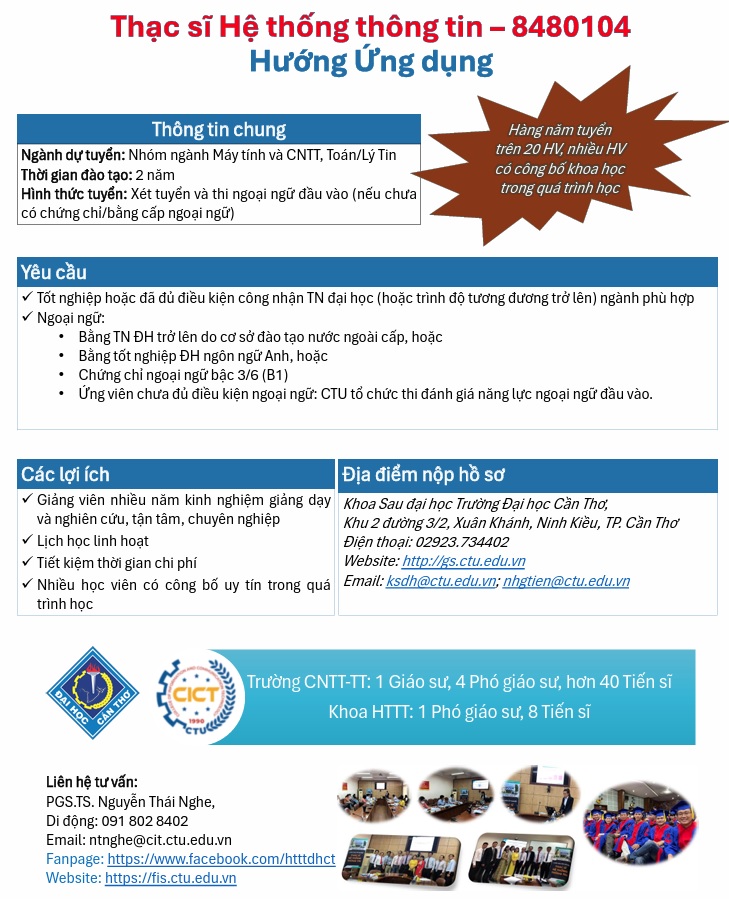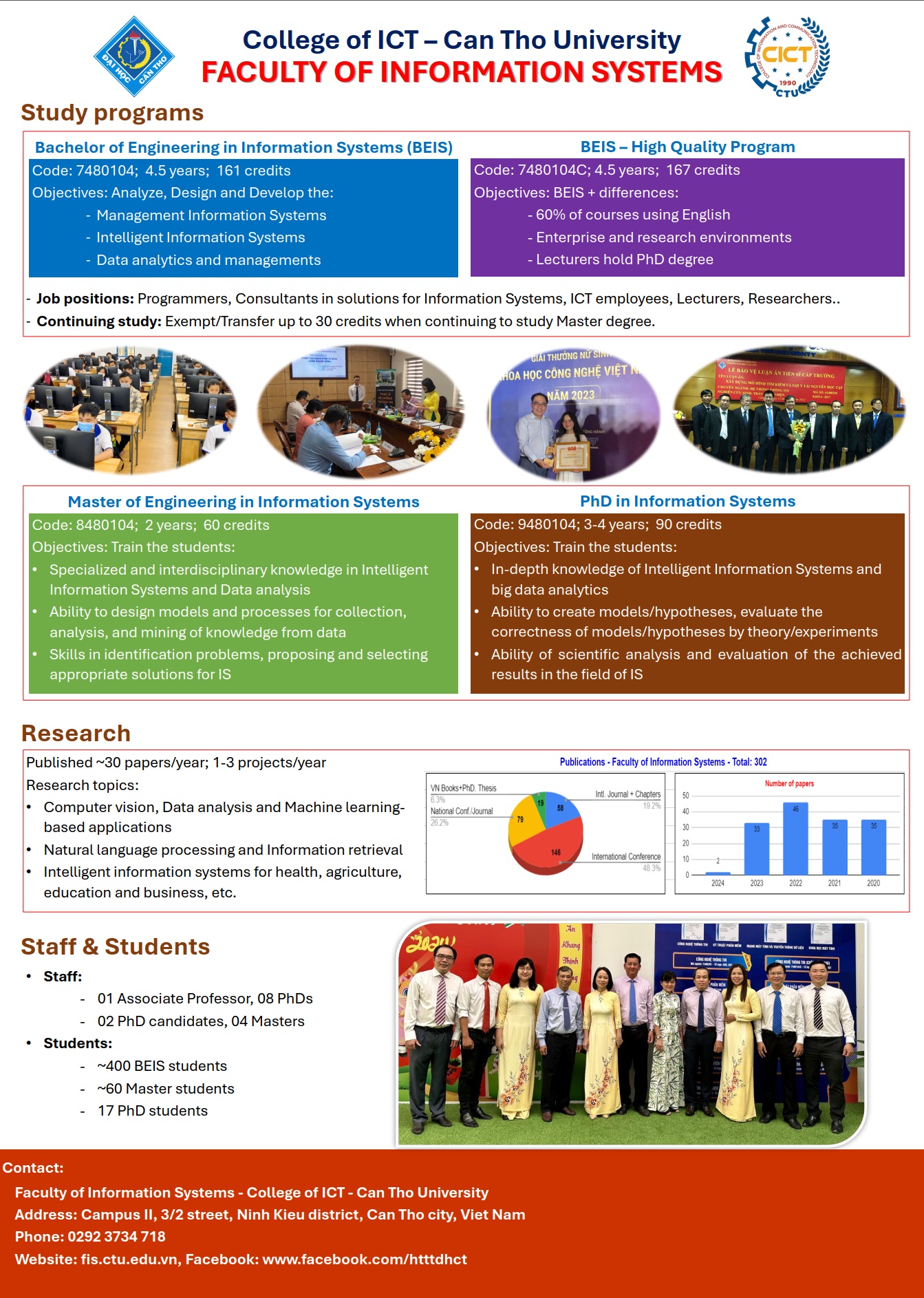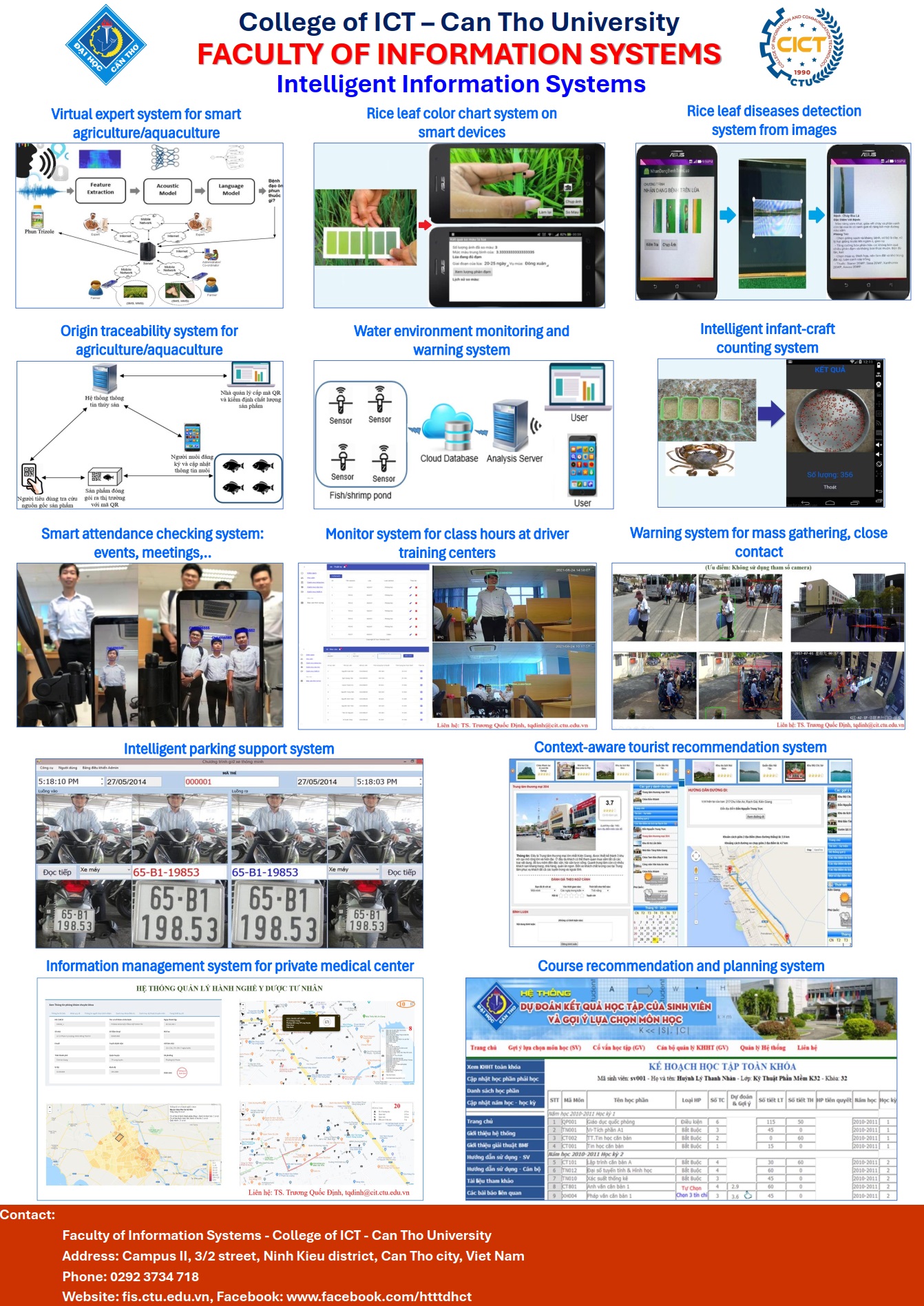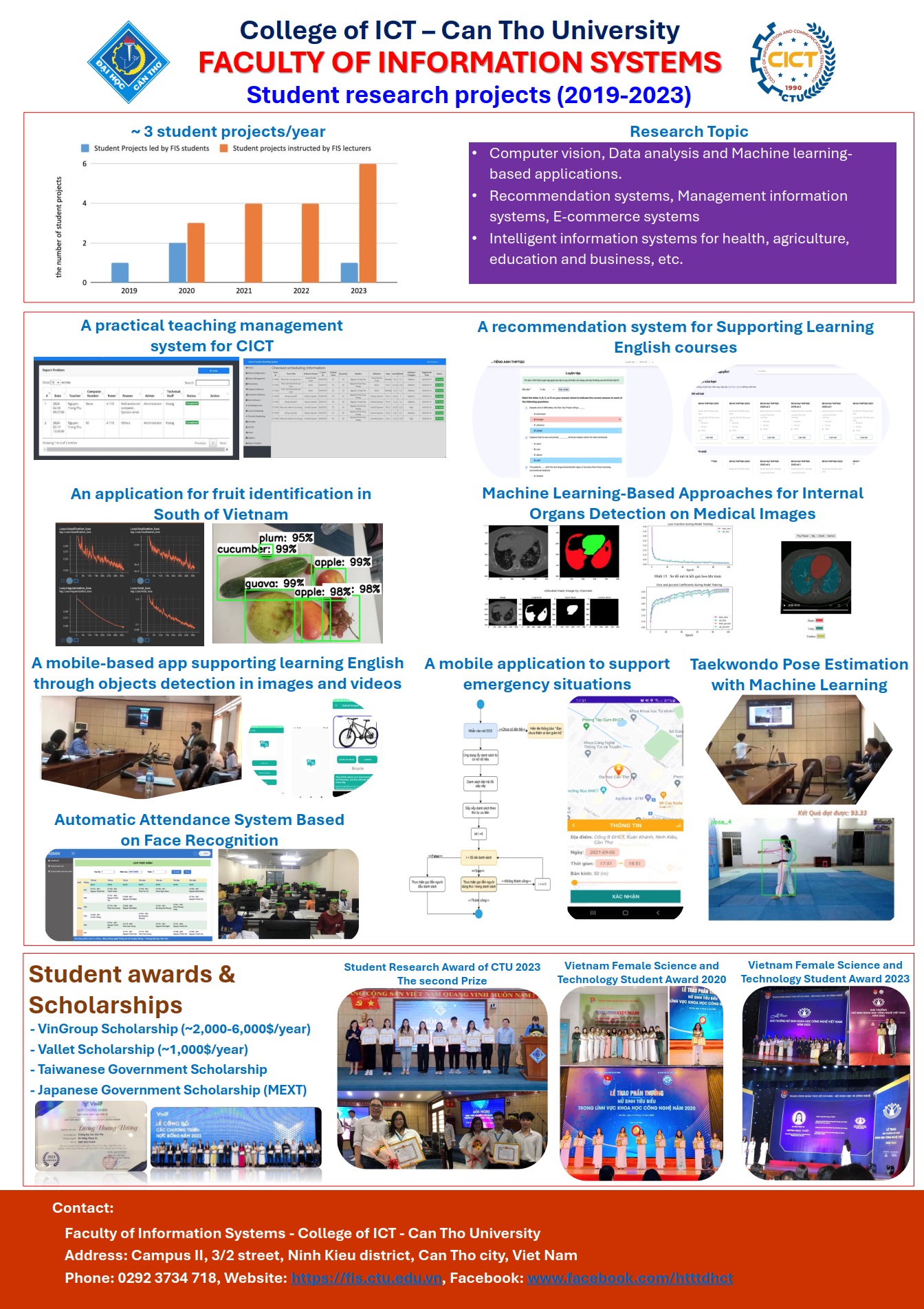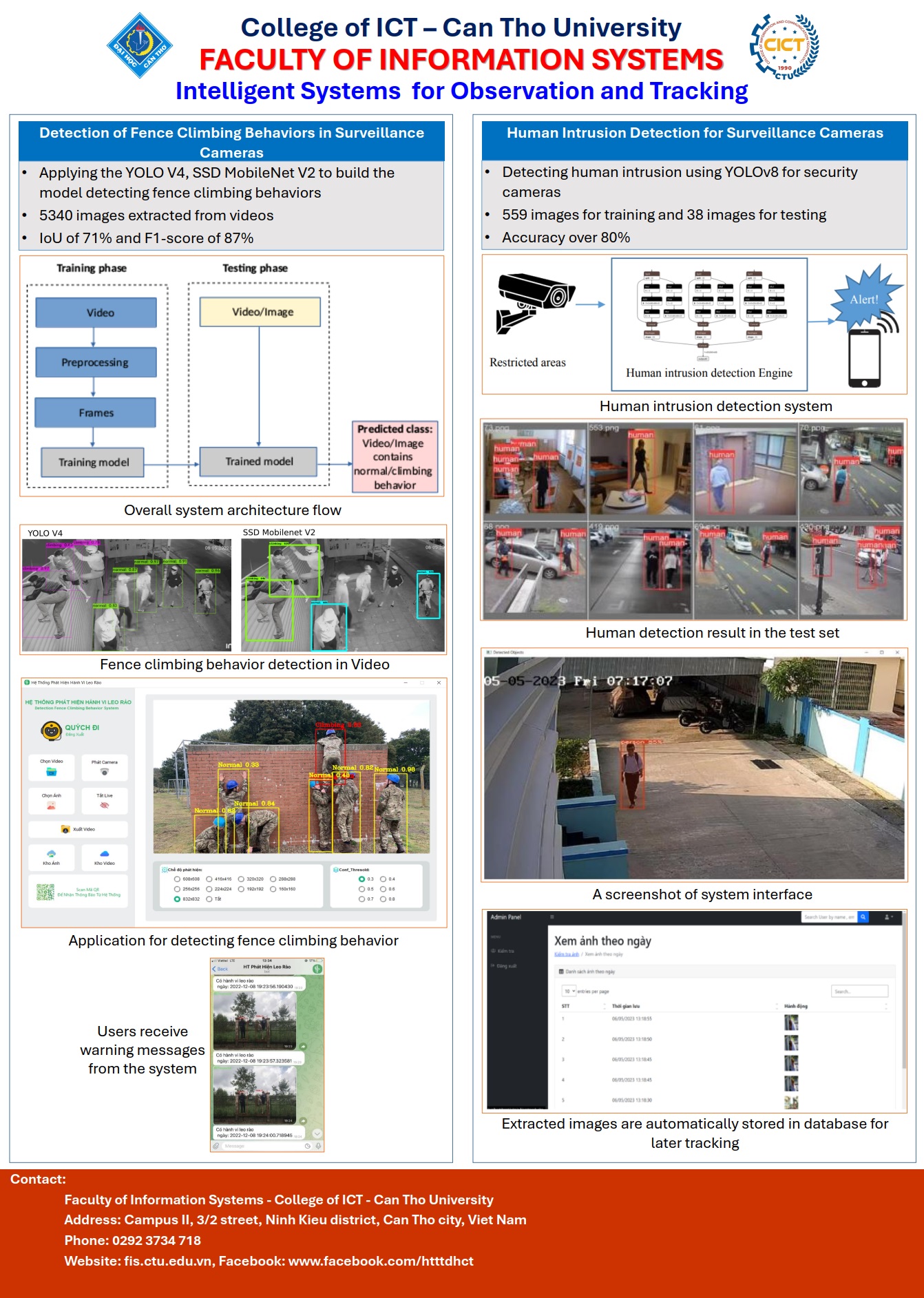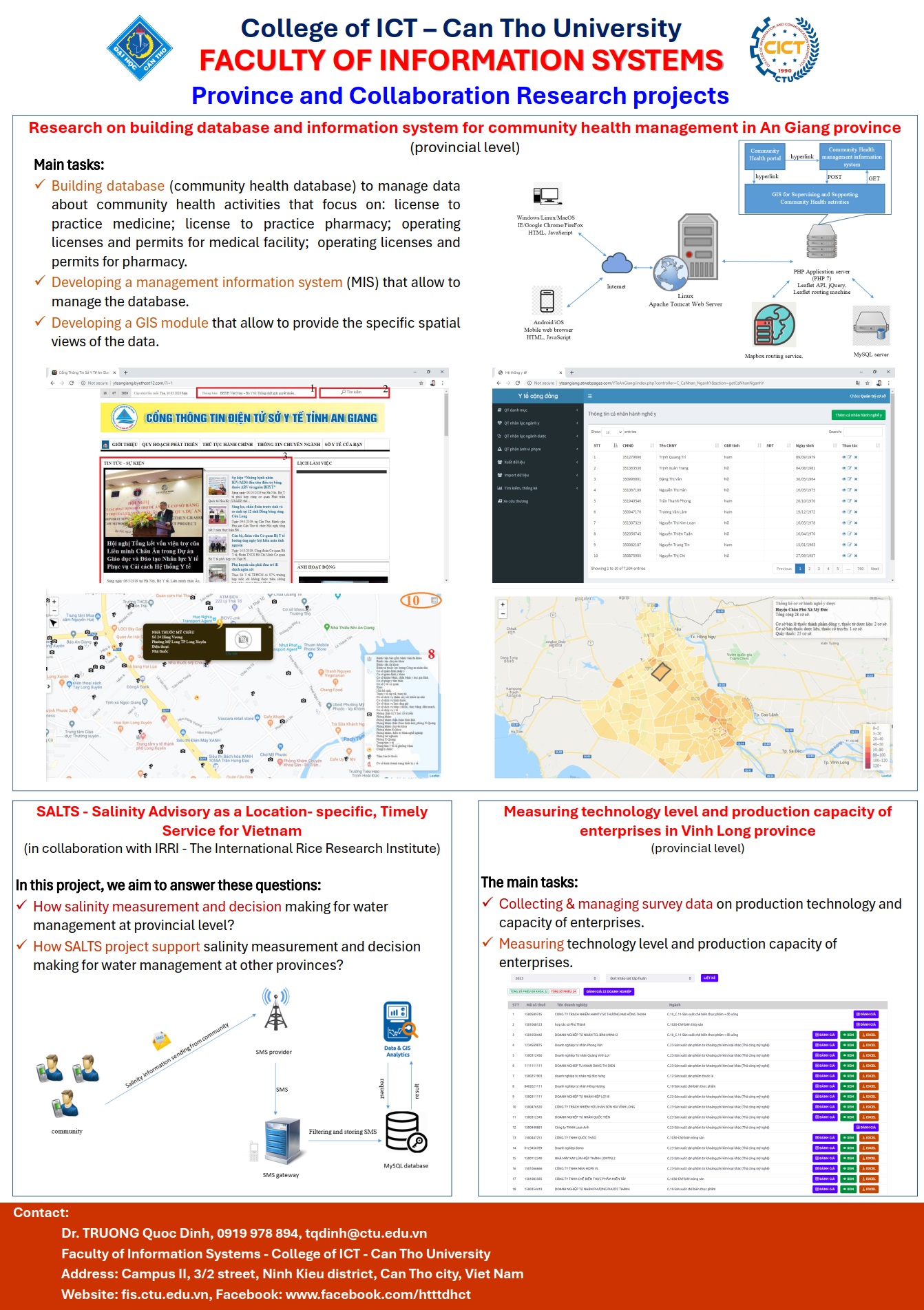Master in Information Systems
Master in Information Systems meets AUN-QA quality standard 2025
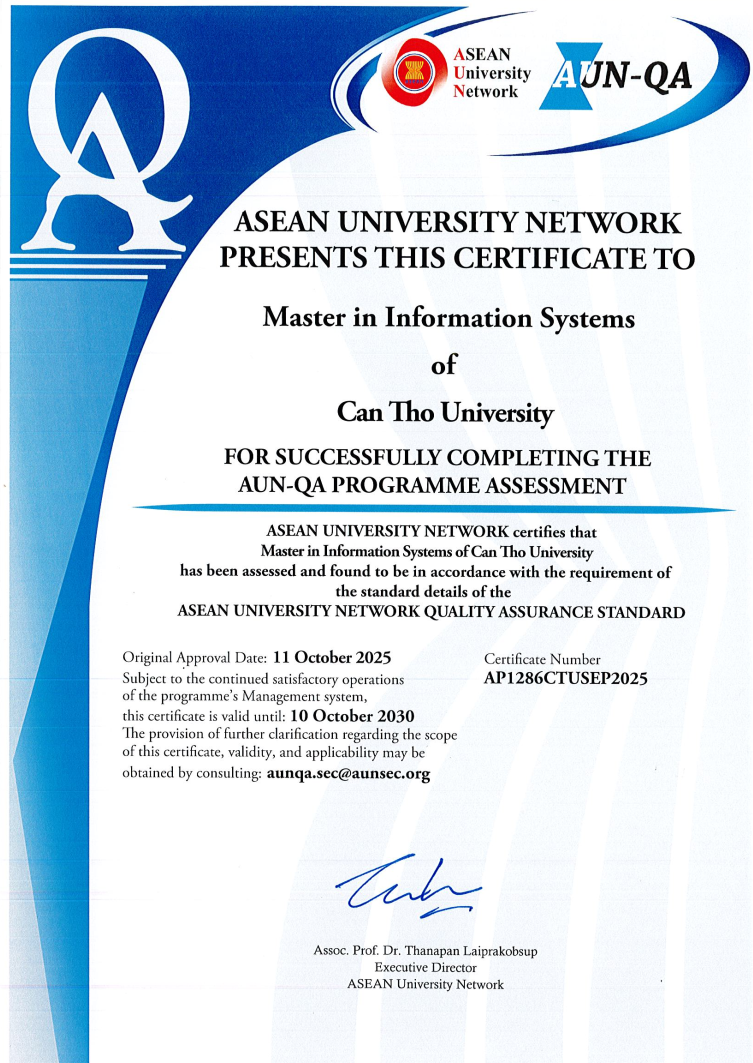
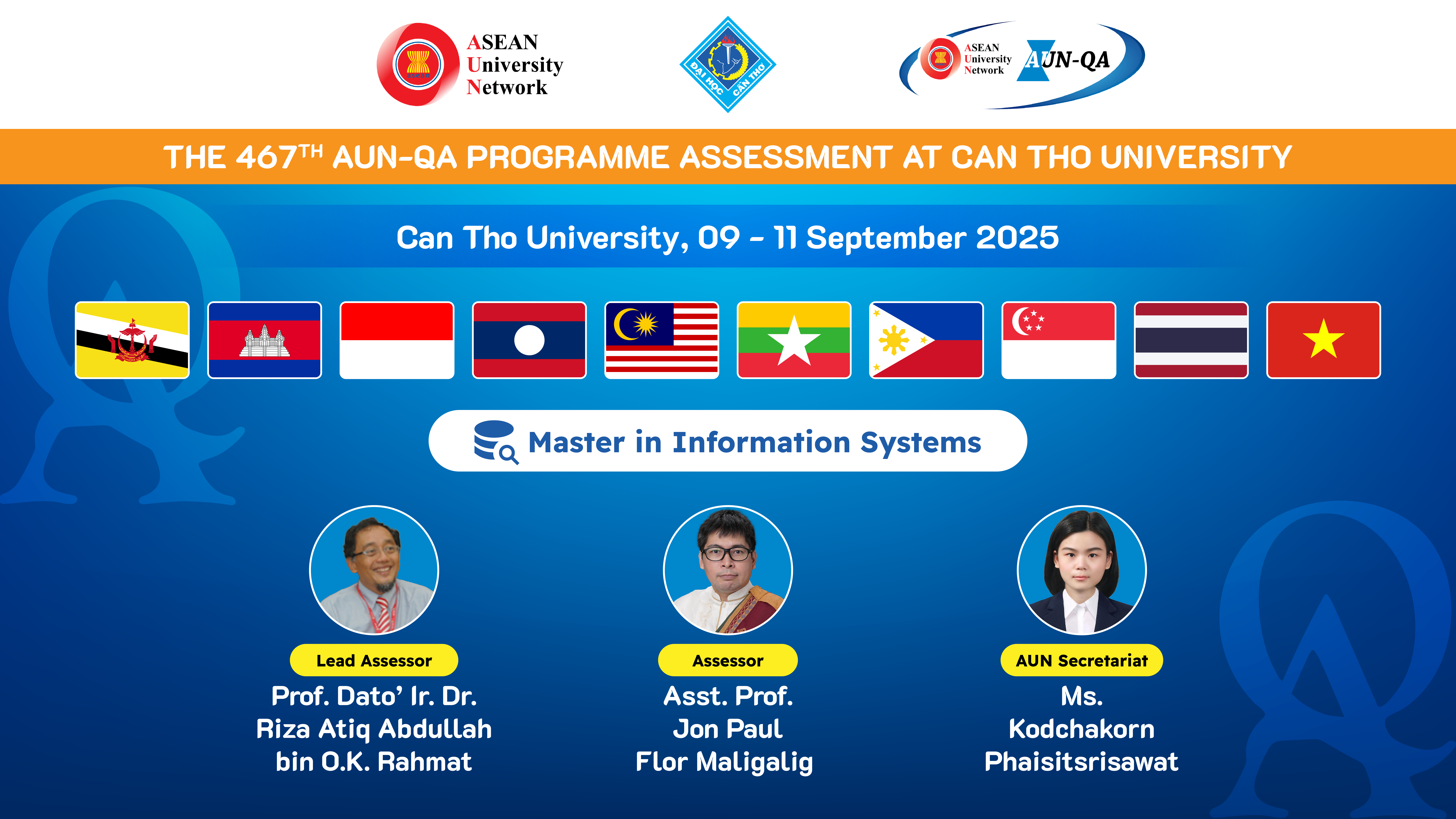



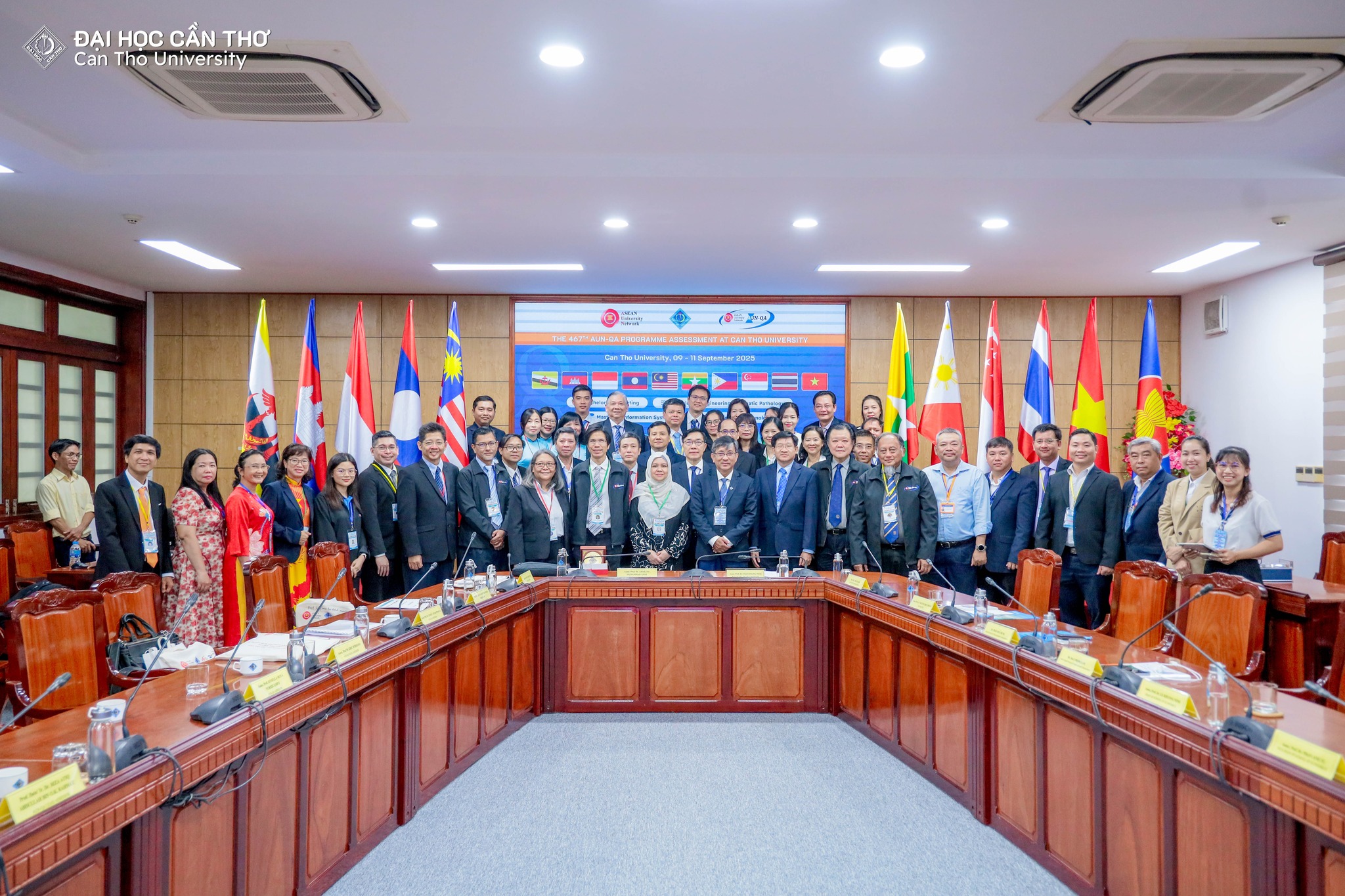


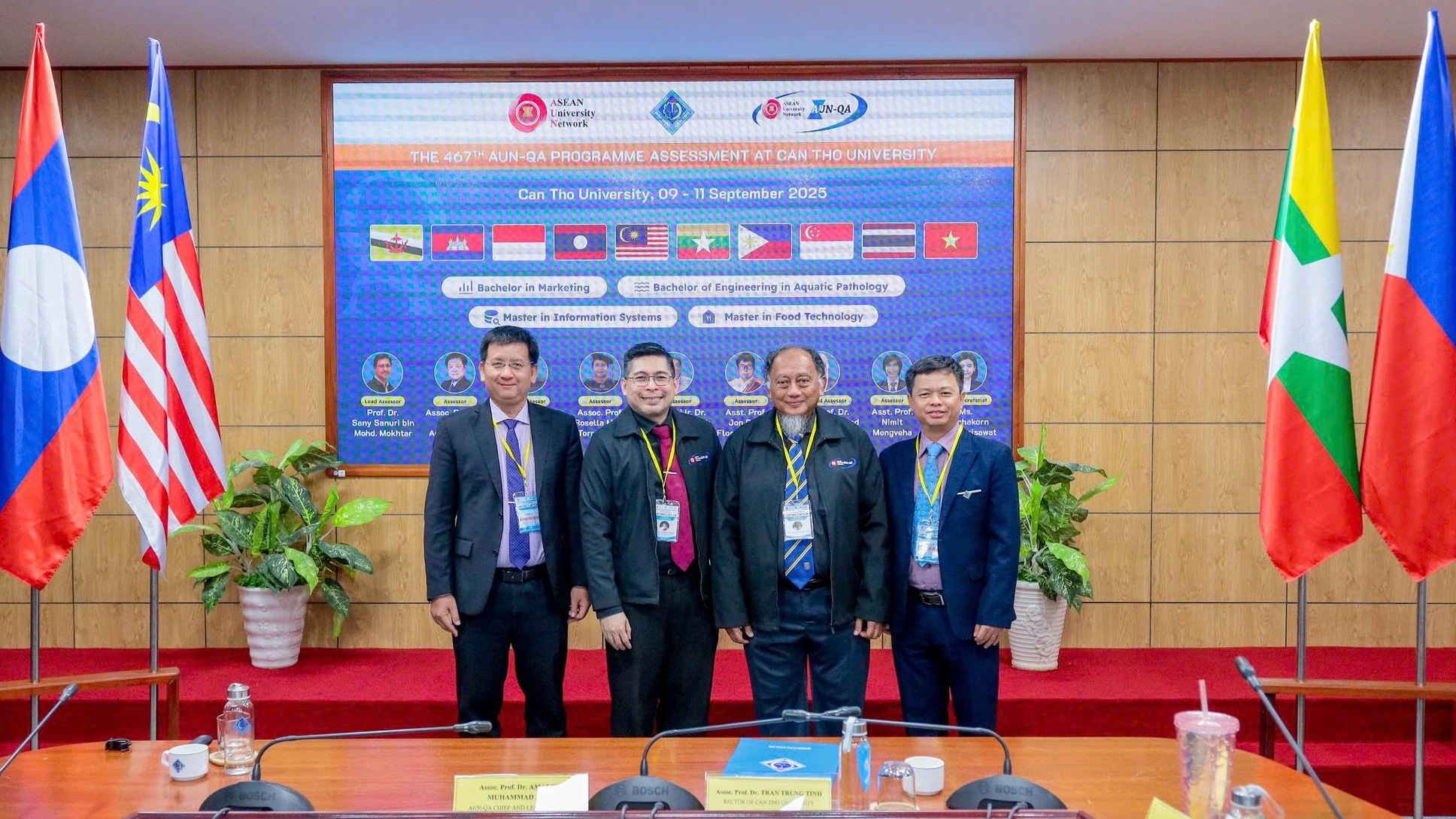

General information
Training period: 2 years
Total credits: 60
- General knowledge: 3 credits
- Fundamental knowledge: 15 credits
- Specialized knowledge: 27 credits
- Thesis/project: 15 credits
Requirements:
- Candidates graduated from ICT domains or Math/Physic Informatic groups
- Foreign Language: BSc in English language or Level 3/6 (B1) Foreign language certificate or other equivalent certificates
Applied direction
General Program Educational Objectives (PEO):
The MEIS provides students with specialized knowledge and professional skills to work creatively in the IS field. It ensures national integration and international interoperability. Students will have the newest techniques and technologies in Intelligent IS, apply modern IS achievements to solve real-world problems, and enhance their professional skills through practical projects during their studies.
Specific Program Educational Objectives:
The MEIS with applied orientation trains students to have
- (PEO1) In-depth knowledge and new technologies in the IS field.
- (PEO2) Ability to model, develop, and operate effective IT systems.
- (PEO3) Capability to apply modern technologies to develop intelligent IS.
Details curriculum: applied direction (6 credits for internship and 9 credits for graduate project)
Research direction
General Program Educational Objectives (PEO):
The MEIS provides students with specialized knowledge and professional skills to work creatively in the IS field. It ensures national integration and international interoperability.
Students are capable of conducting research to find solutions for developing Intelligent IS to solve practical issues, and mastering modern technologies for Intelligent IS development.
Specific Program Educational Objectives :
The MEIS with research orientation trains students to have
- (PEO1) In-depth knowledge and new technologies in the IS field.
- (PEO2) Ability to synthesize issues in IS and interdisciplinary fields to research and develop IS solutions.
- (PEO3) Capability to apply modern technologies to develop intelligent IS.
- (PEO4) Ability to conduct self-research and engage in lifelong learning.
Details curriculum: research direction (15 credits for thesis)
Applied direction
Program Learning Outcome (PLO):
- (PLO1) Systematize interdisciplinary knowledge, digital competency, and scientific research methods to solve problems in IS.
- (PLO2) Design information systems and databases, especially in big data environments.
- (PLO3) Build intelligent information systems using modern techniques and technologies.
- (PLO4) Evaluate and select modern technologies and techniques to design intelligent information systems.
- (PLO5) Provide consultancy on IS tasks to meet the needs for high-quality human resources.
- (PLO6) Demonstrate professional ethics, discipline, and lifelong learning to contribute to national and global economic development.
- (PLO7) Lead teams, foster innovation, and entrepreneurship in IS.
- (PLO8) Implement interdisciplinary projects in information systems.
Research direction
Program Learning Outcome (PLO):
- (PLO1) Systematize interdisciplinary knowledge, digital competency, and scientific research methods to solve problems in IS.
- (PLO2) Design information systems and databases, especially in big data environments.
- (PLO3) Build intelligent information systems using modern techniques and technologies.
- (PLO4) Identify problems, propose and evaluate suitable solutions using modern technologies and techniques.
- (PLO5) Provide consultancy on IS tasks to meet the needs for high-quality human resources.
- (PLO6) Demonstrate professional ethics, discipline, and lifelong learning to contribute to national and global economic development.
- (PLO7) Lead teams, foster innovation, and entrepreneurship in IS.
- (PLO8) Research and implement interdisciplinary projects in information systems.
Currirulum map - applied direction
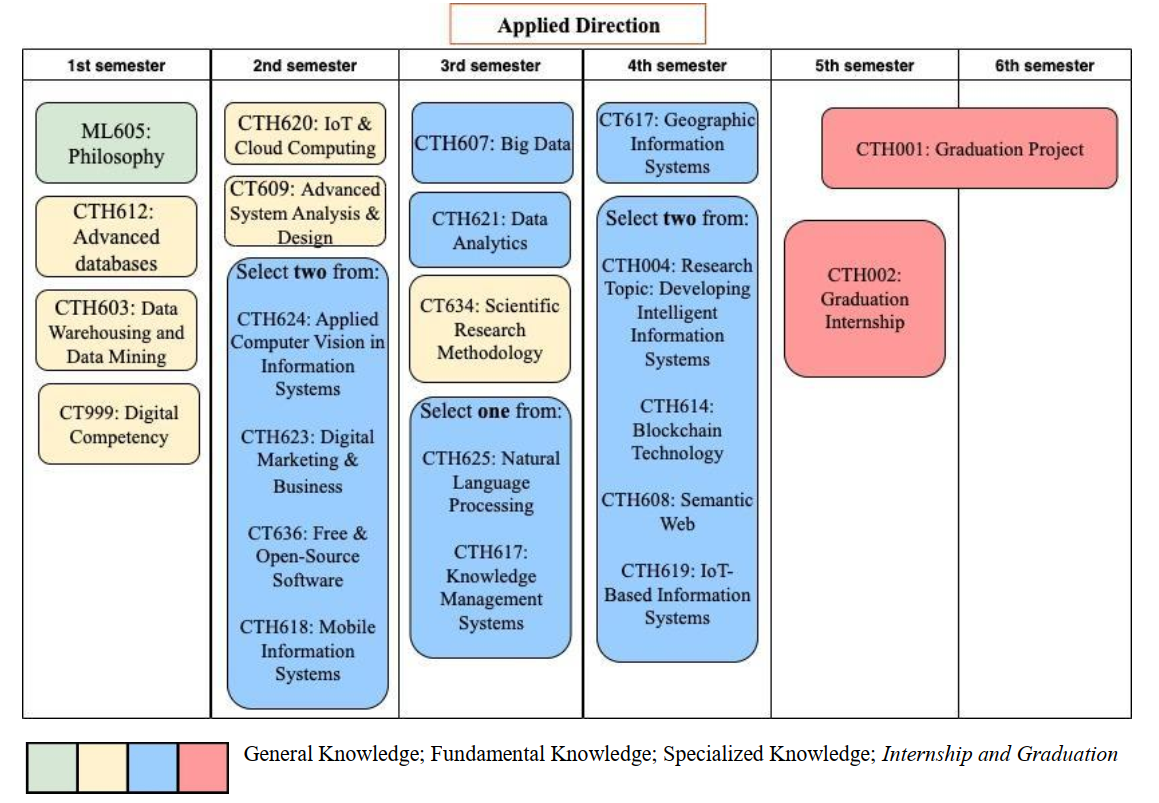
Curriculum map - research direction
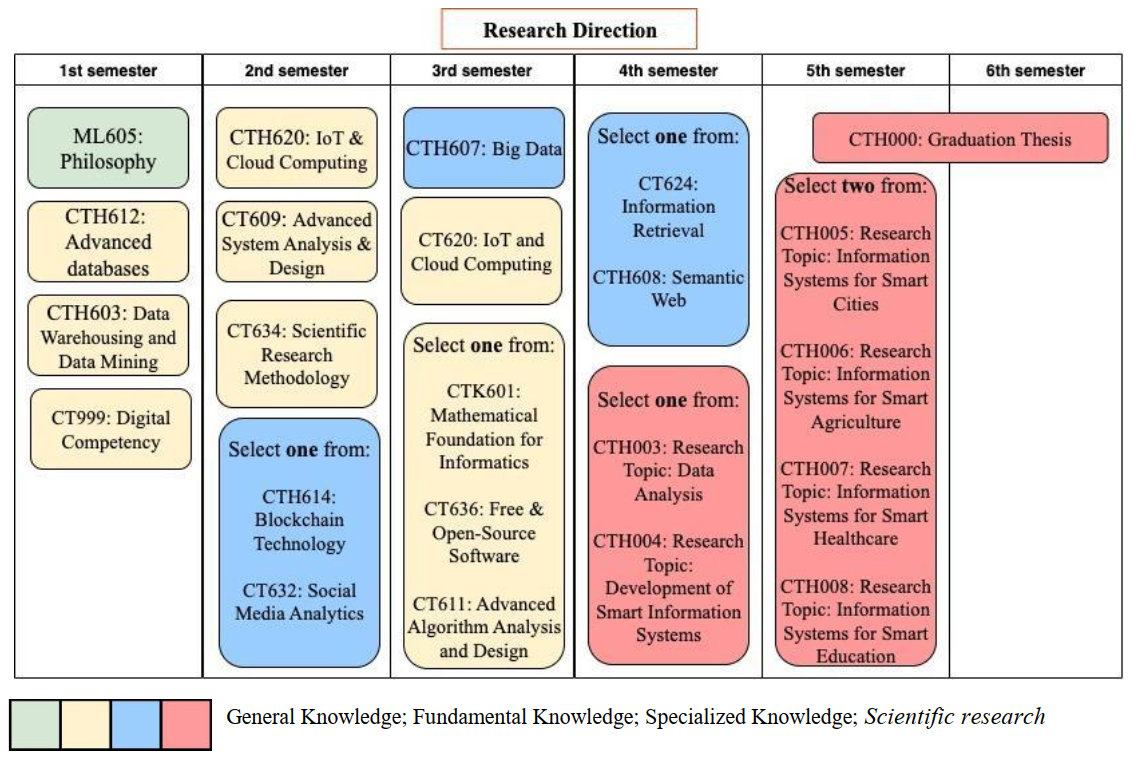
Activities on academic work
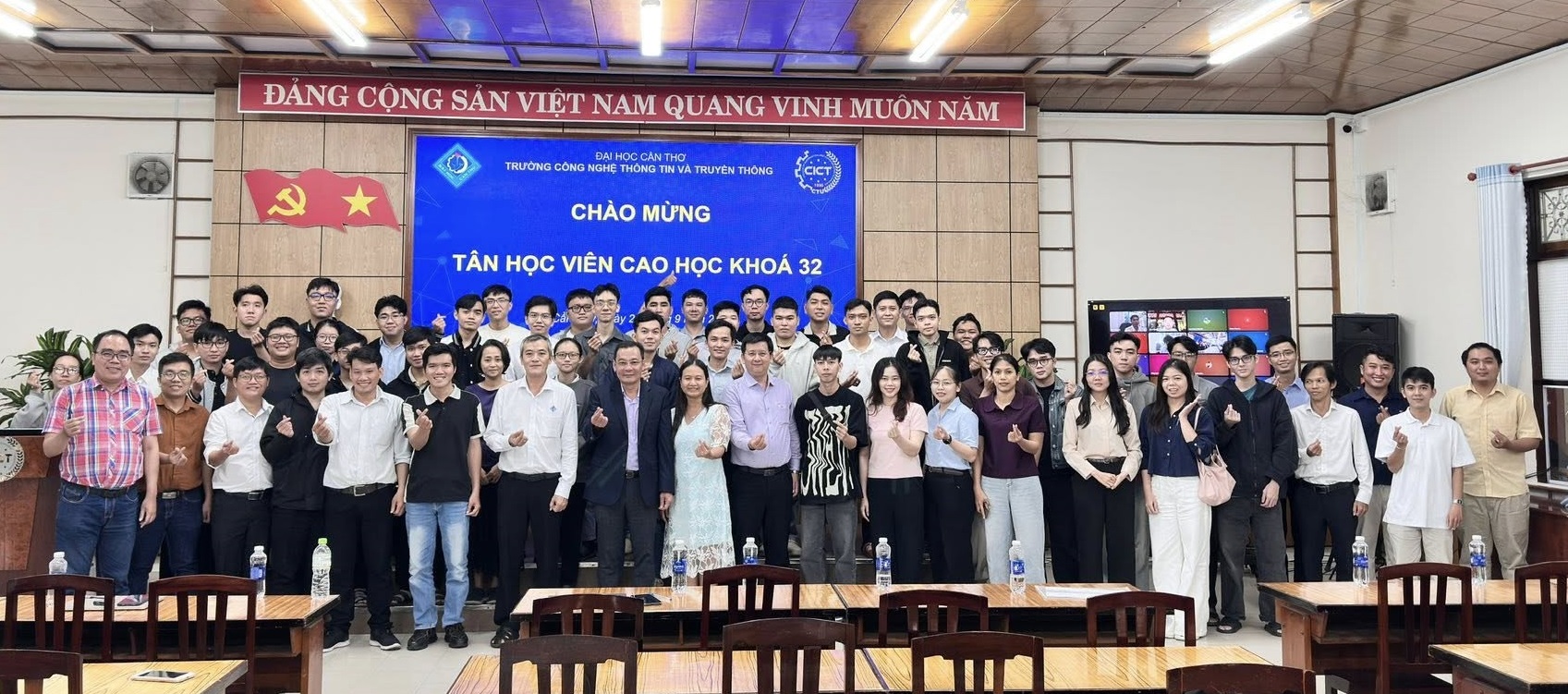
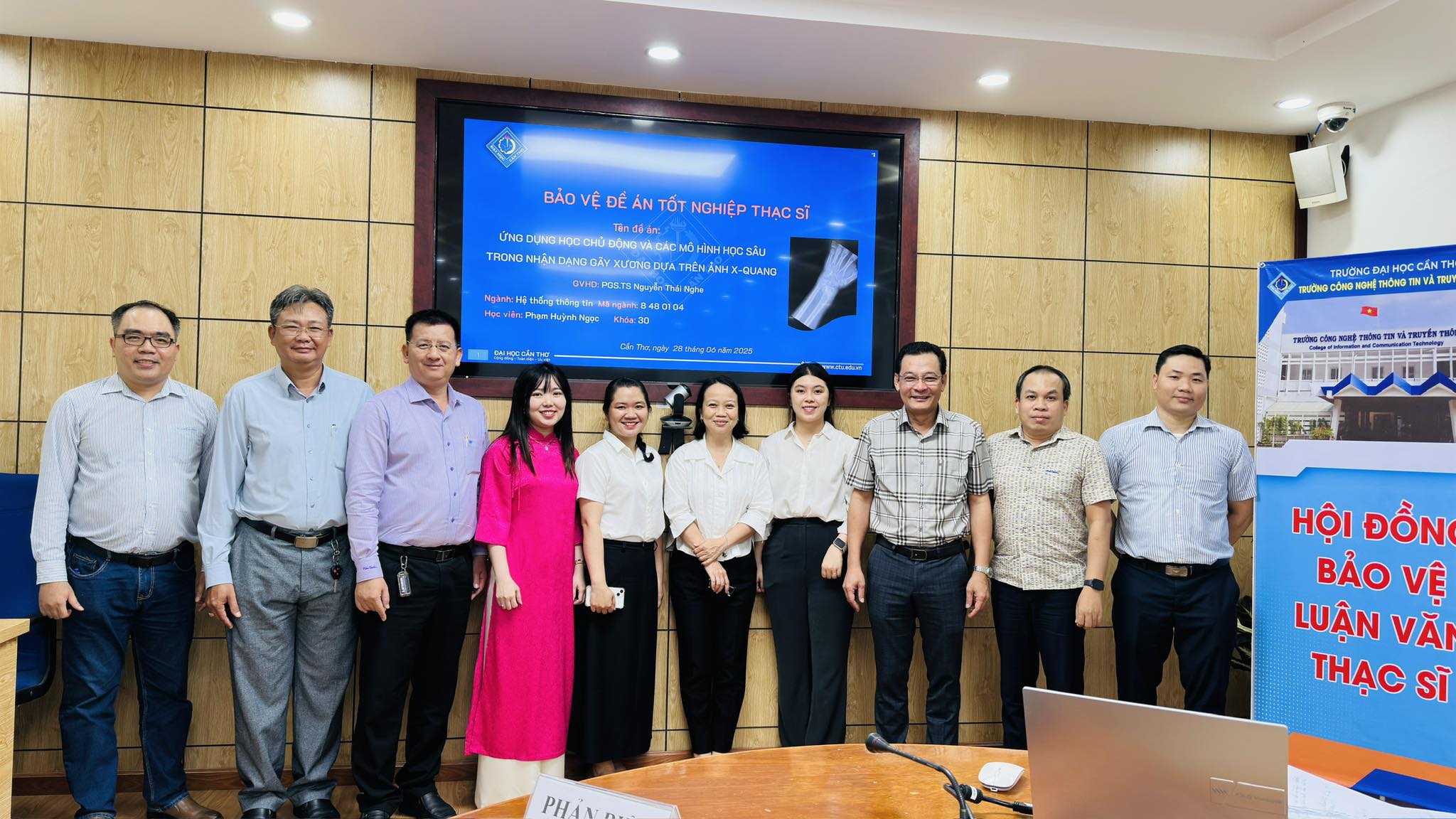
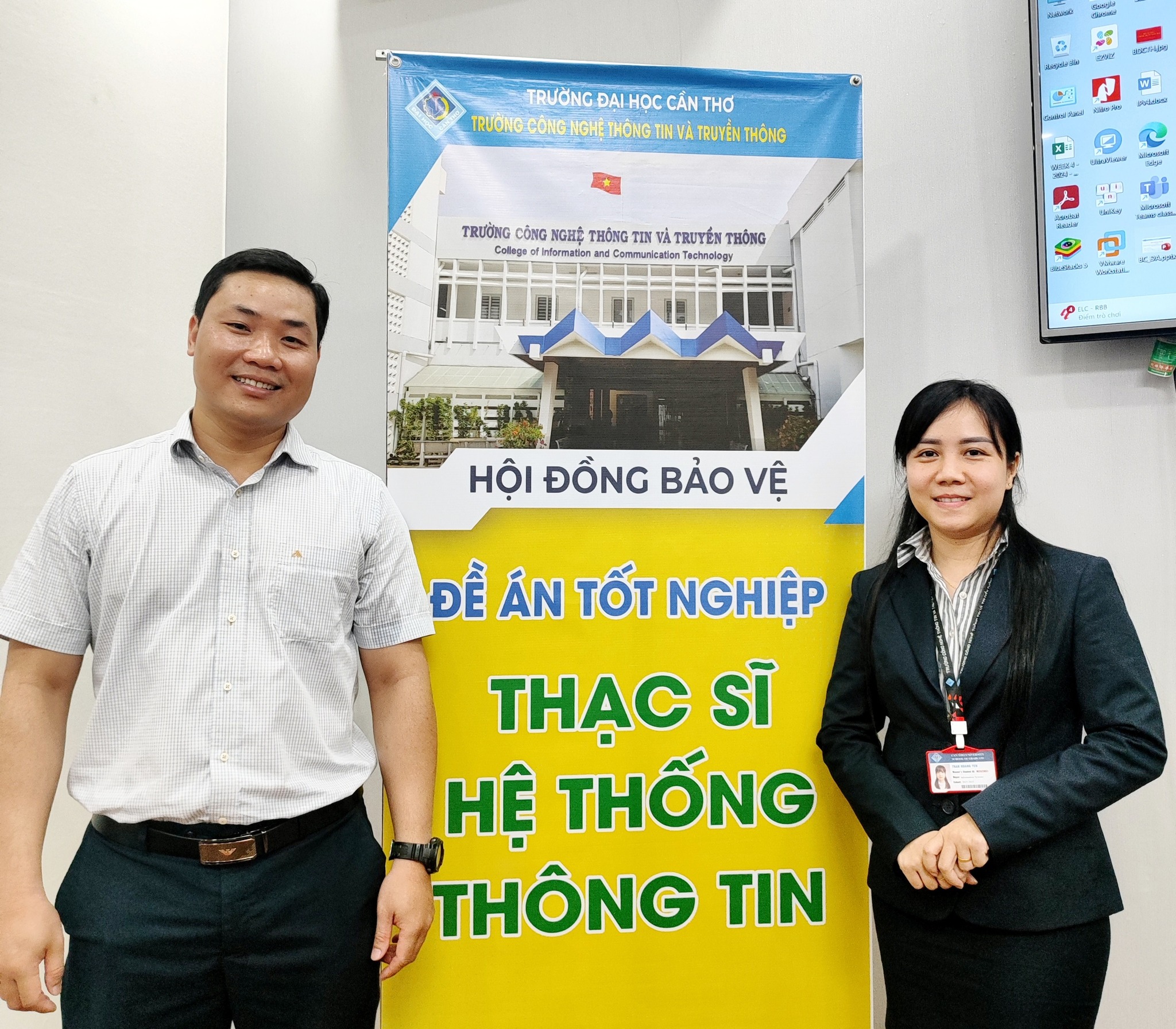
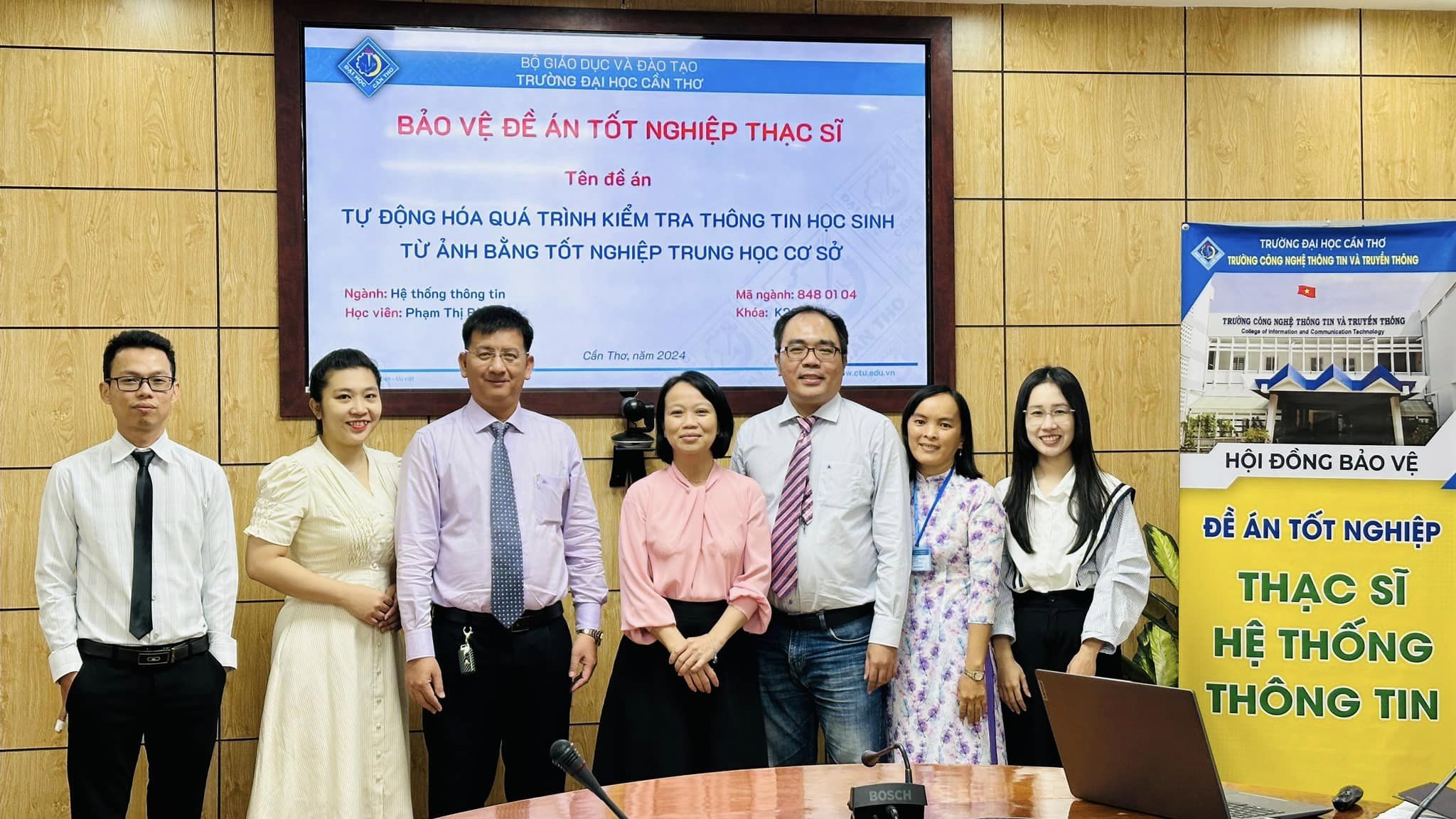
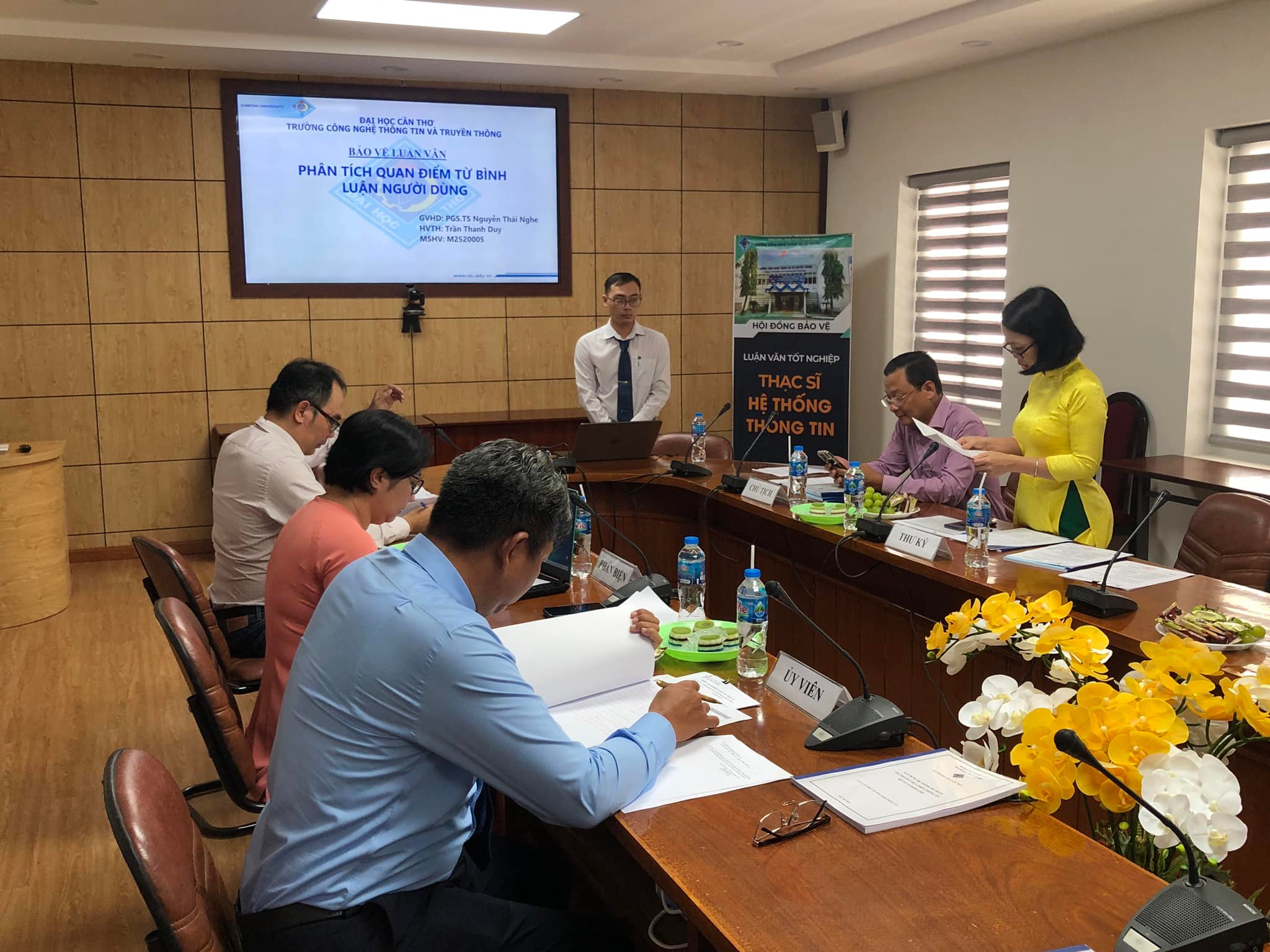
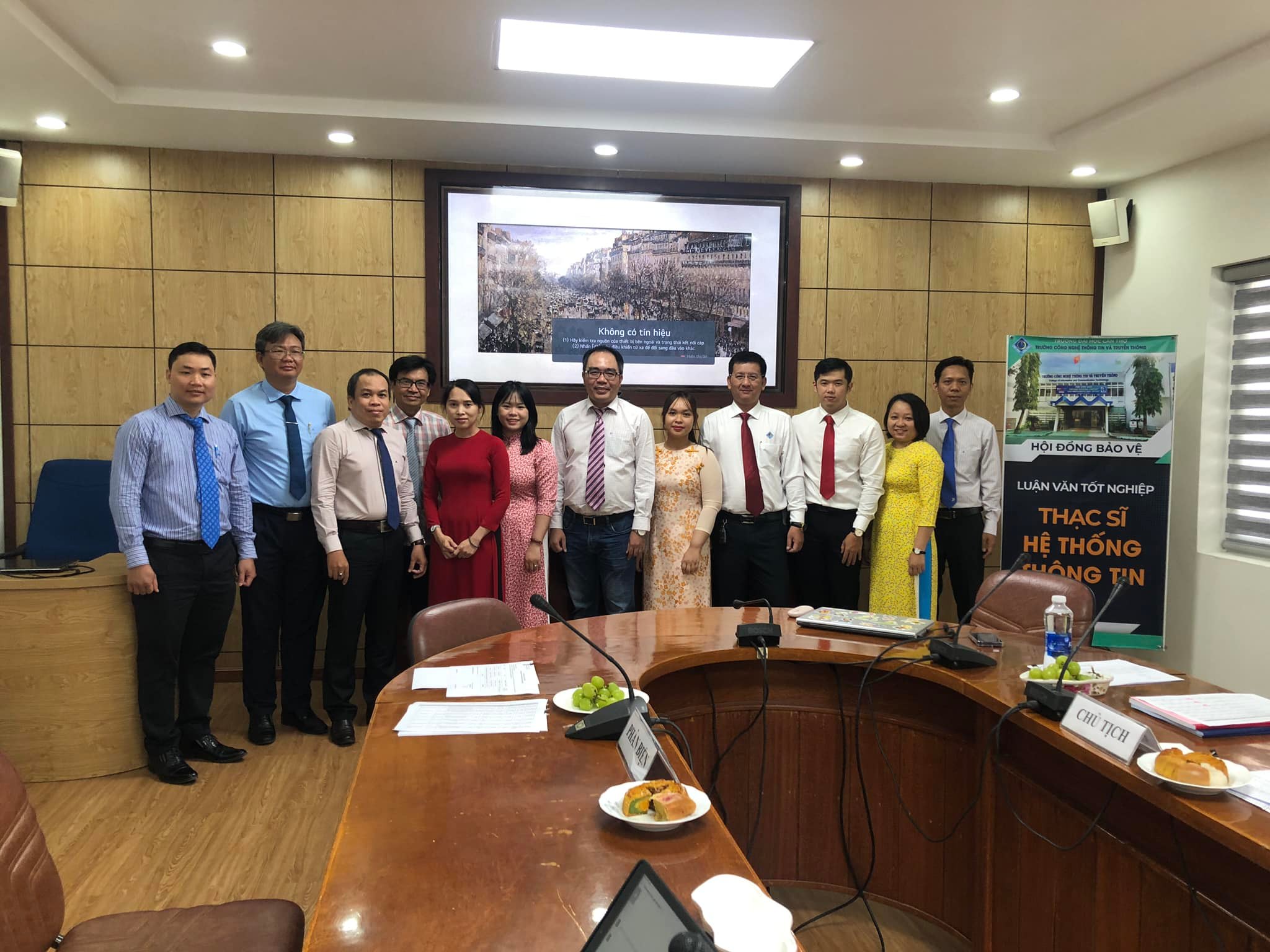
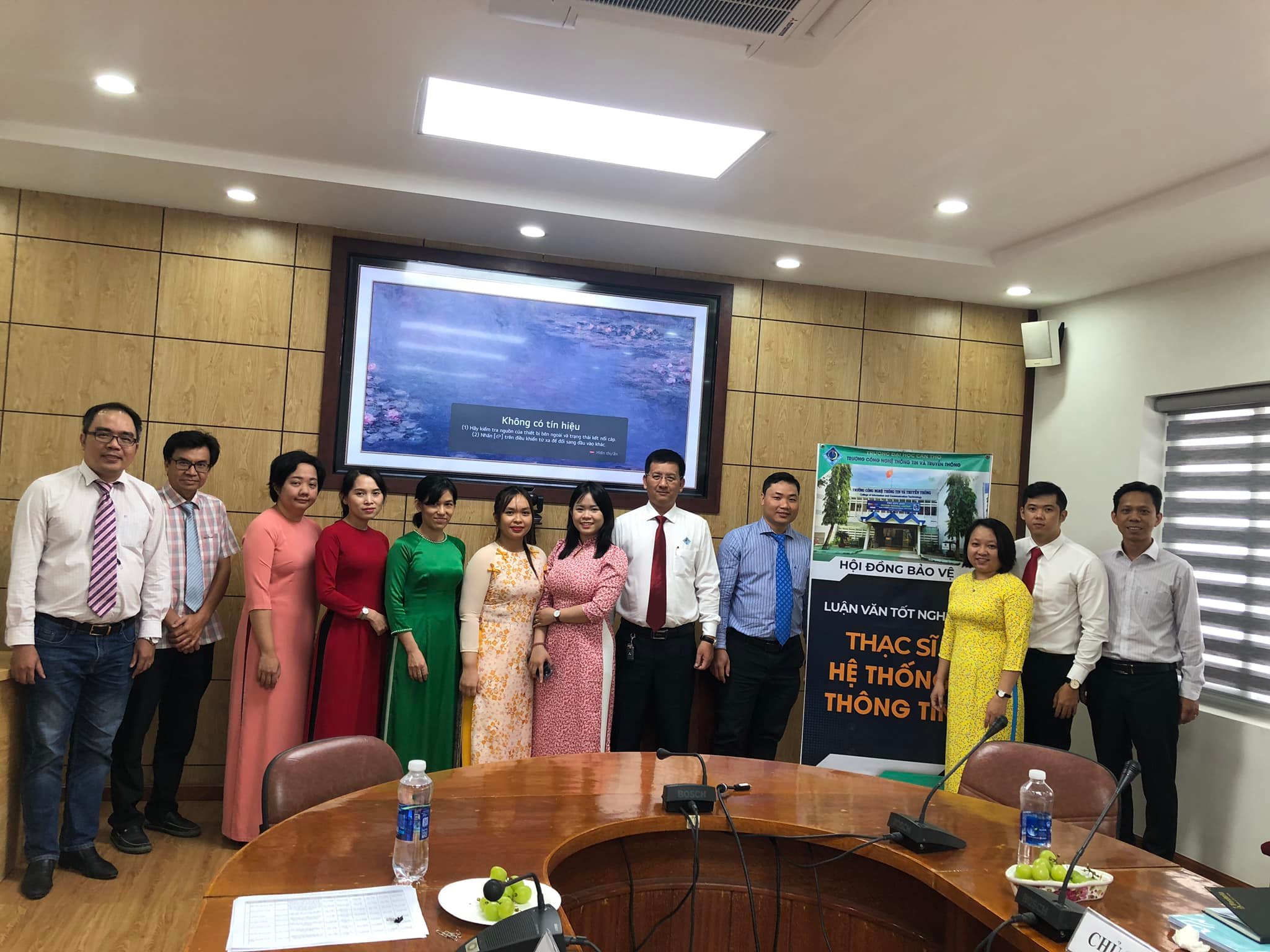

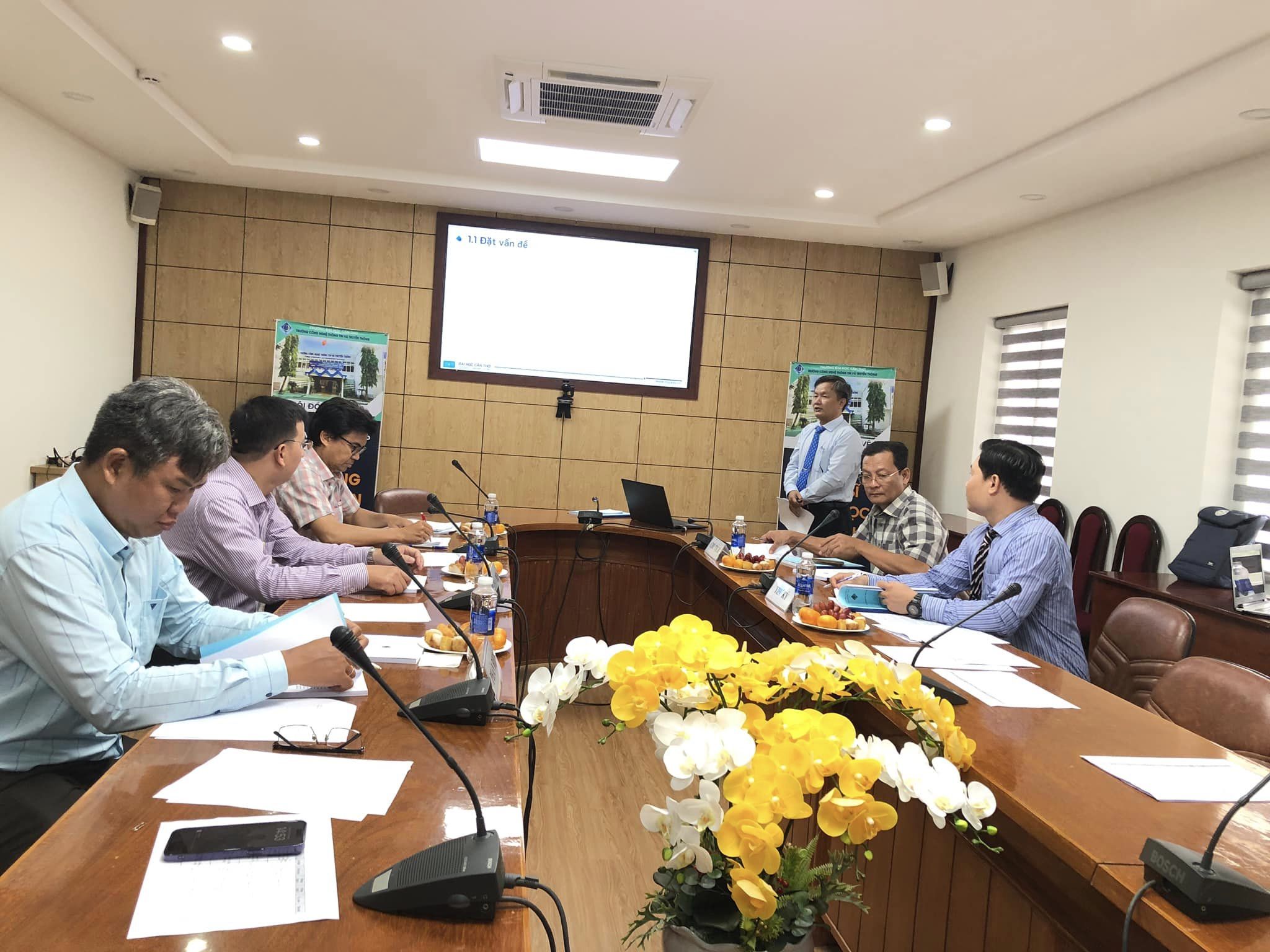
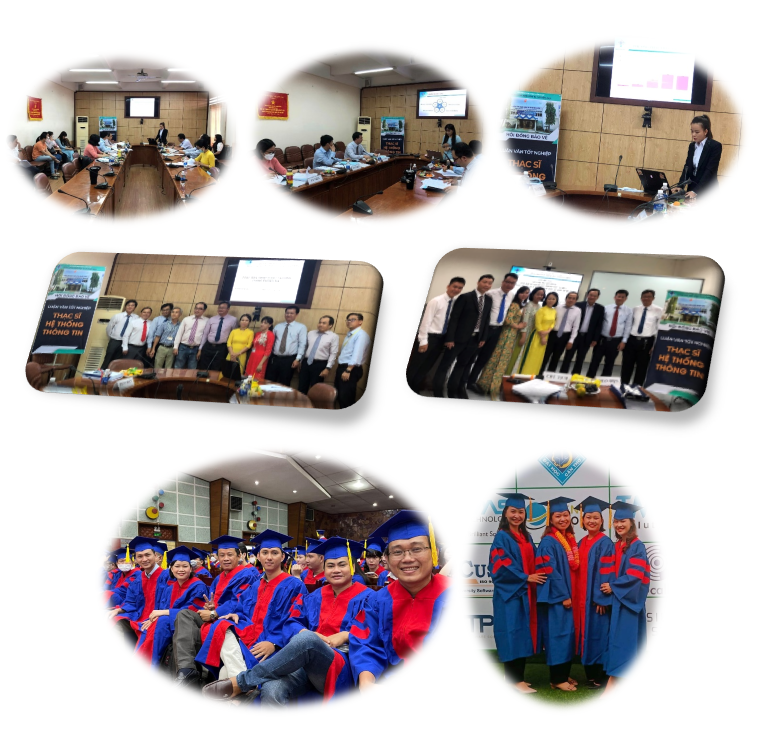


Activities on conference and other works
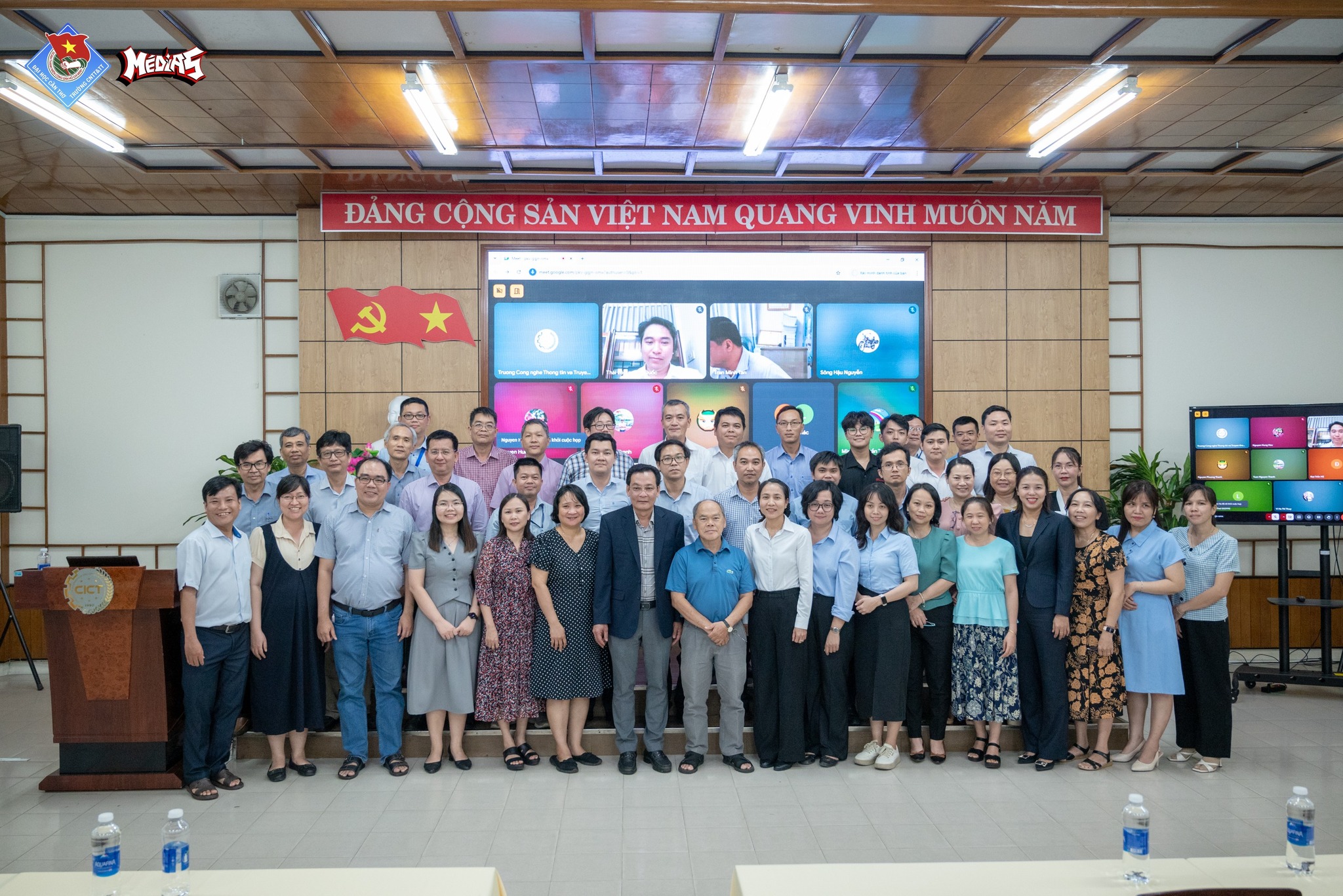
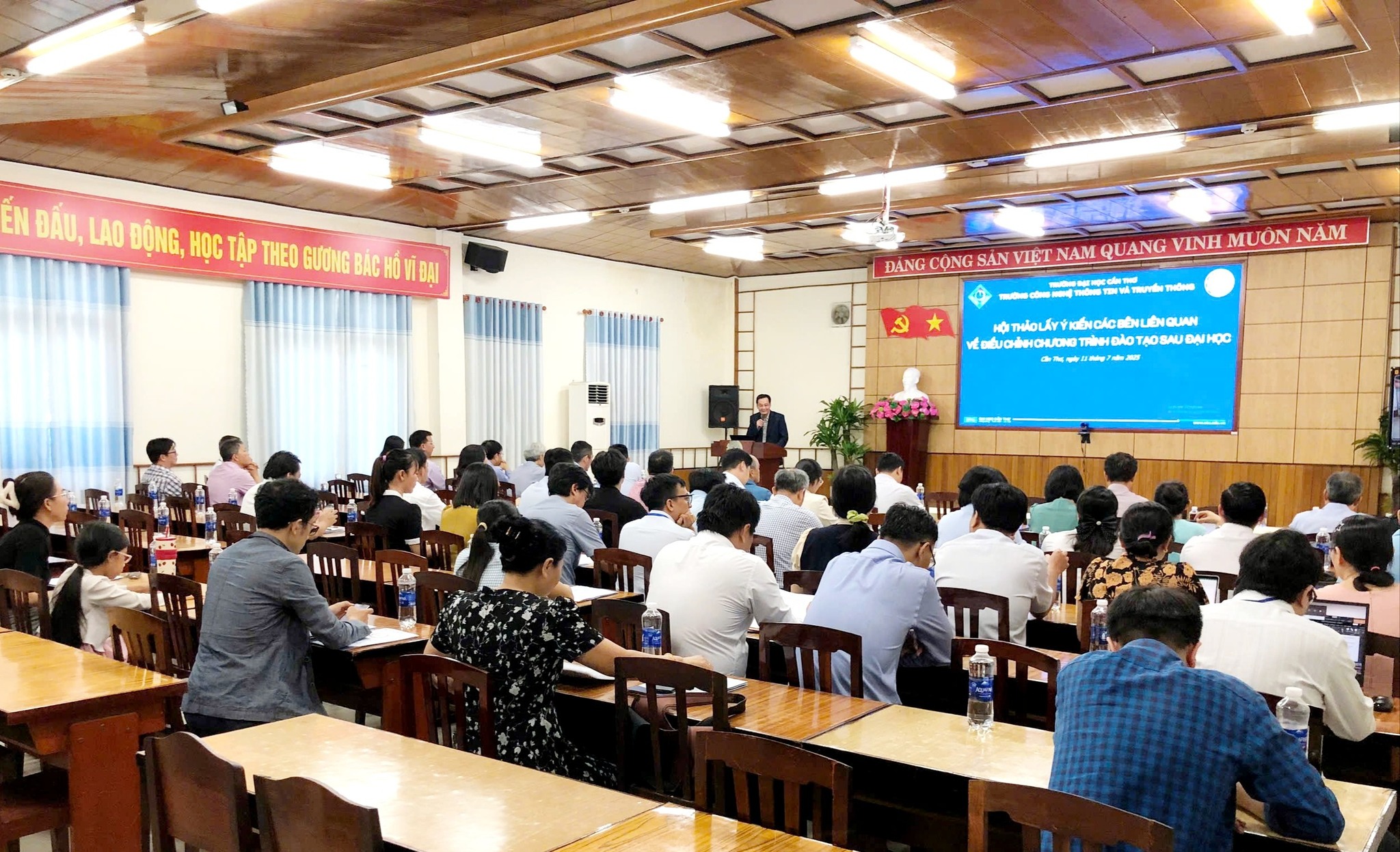
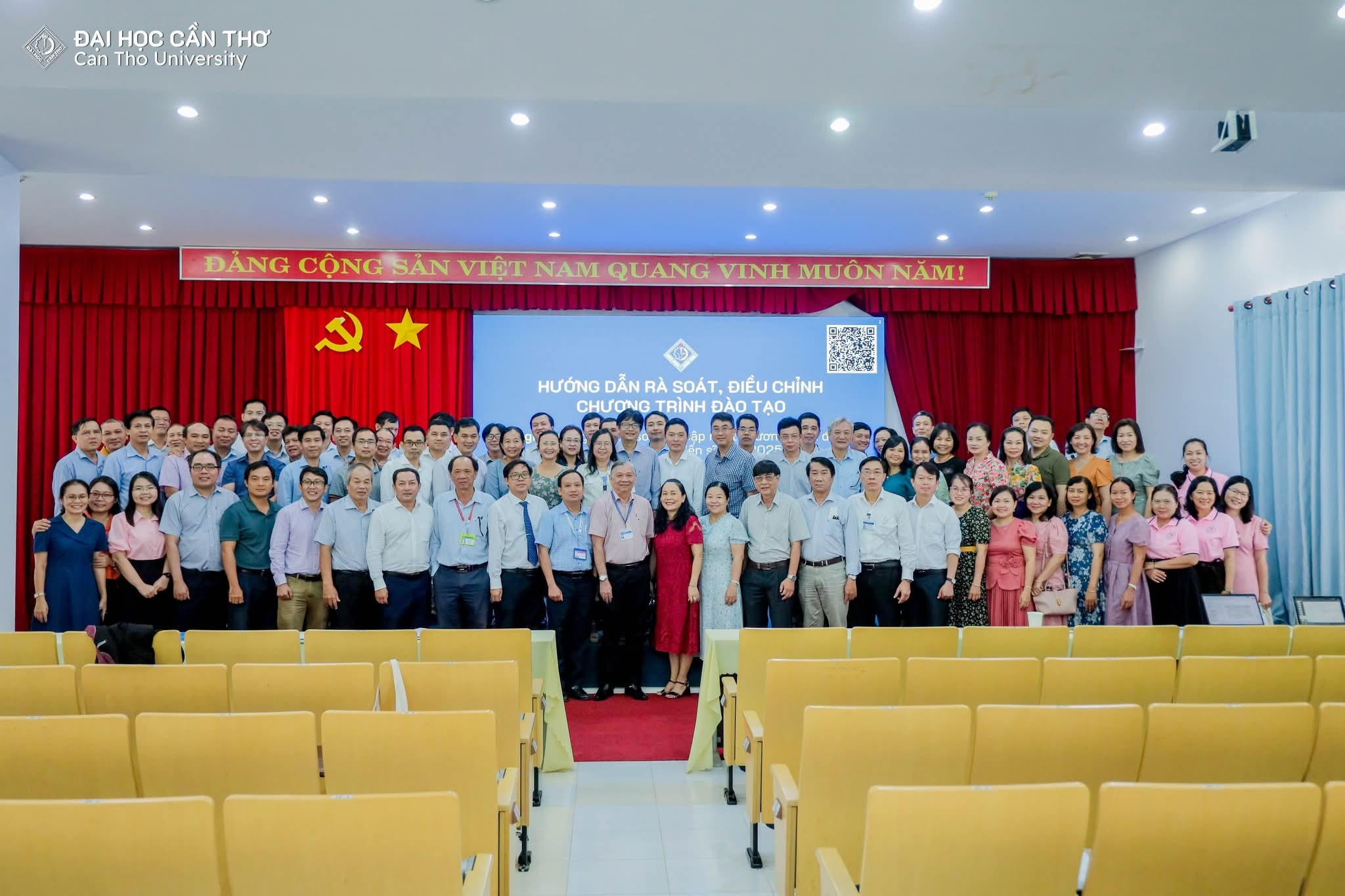
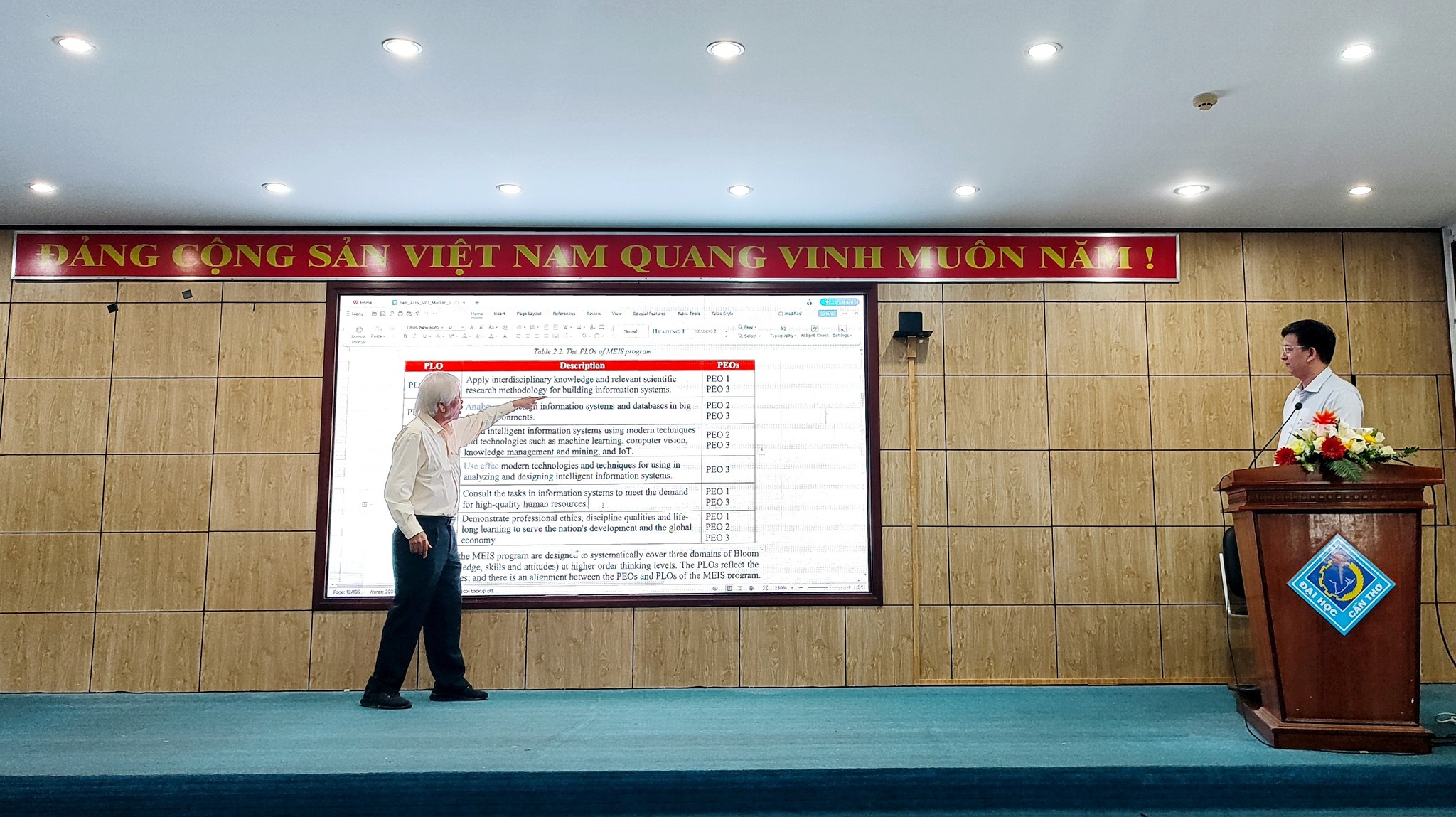
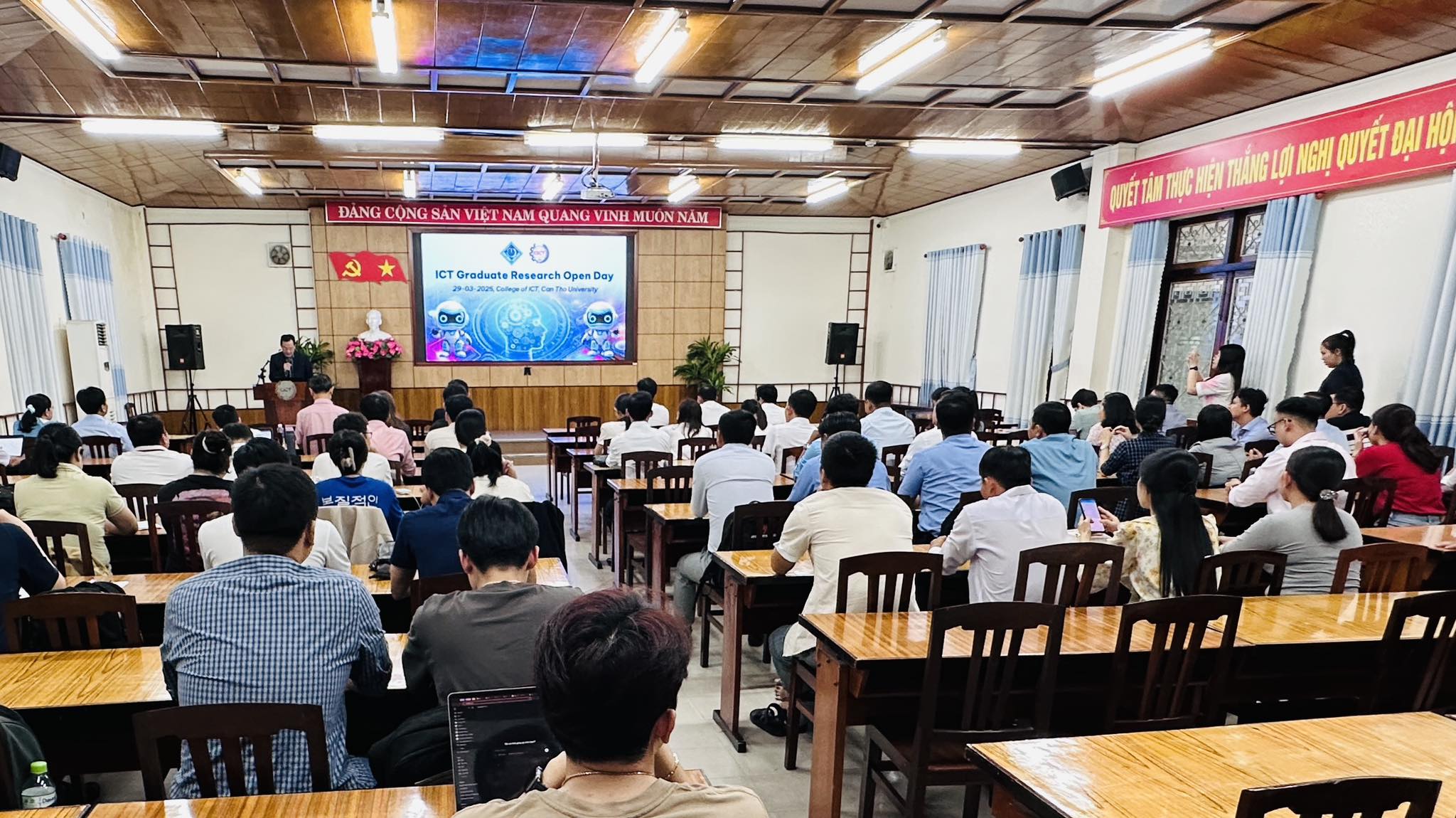
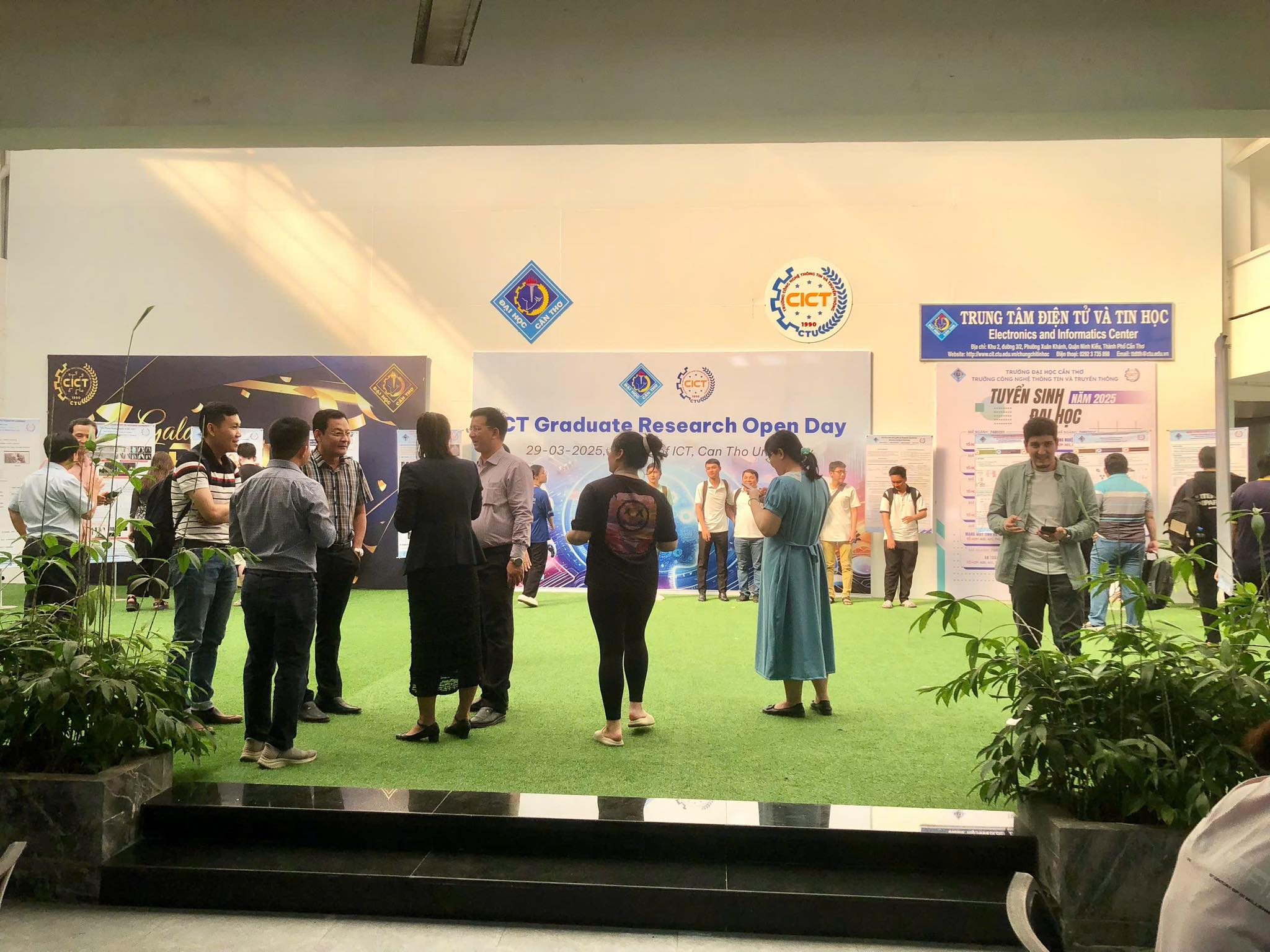
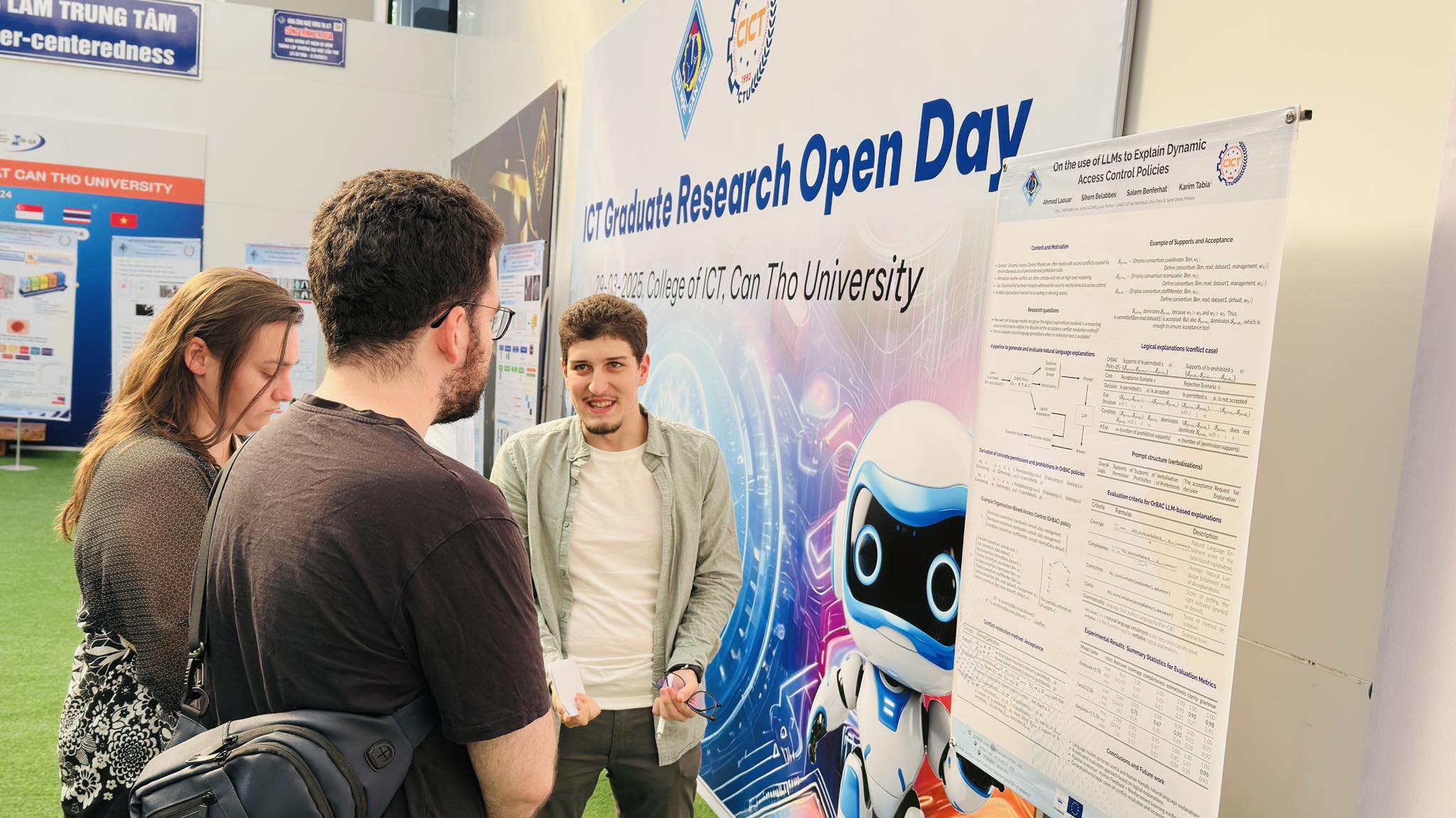
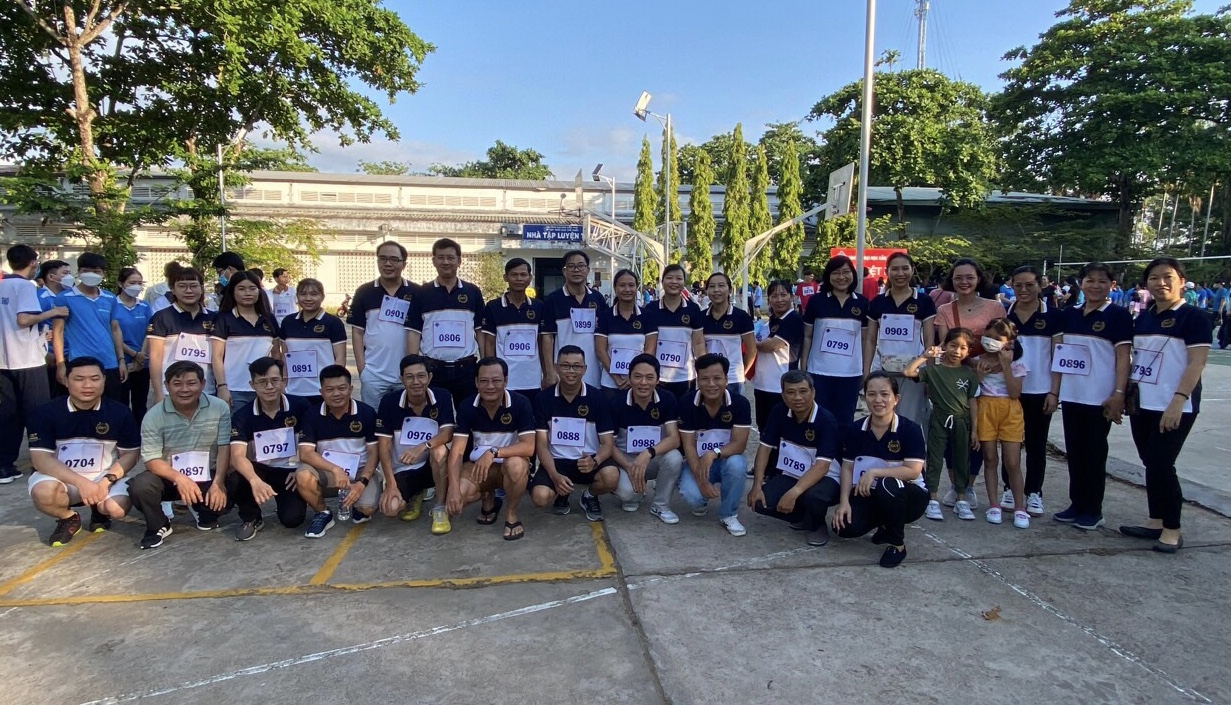
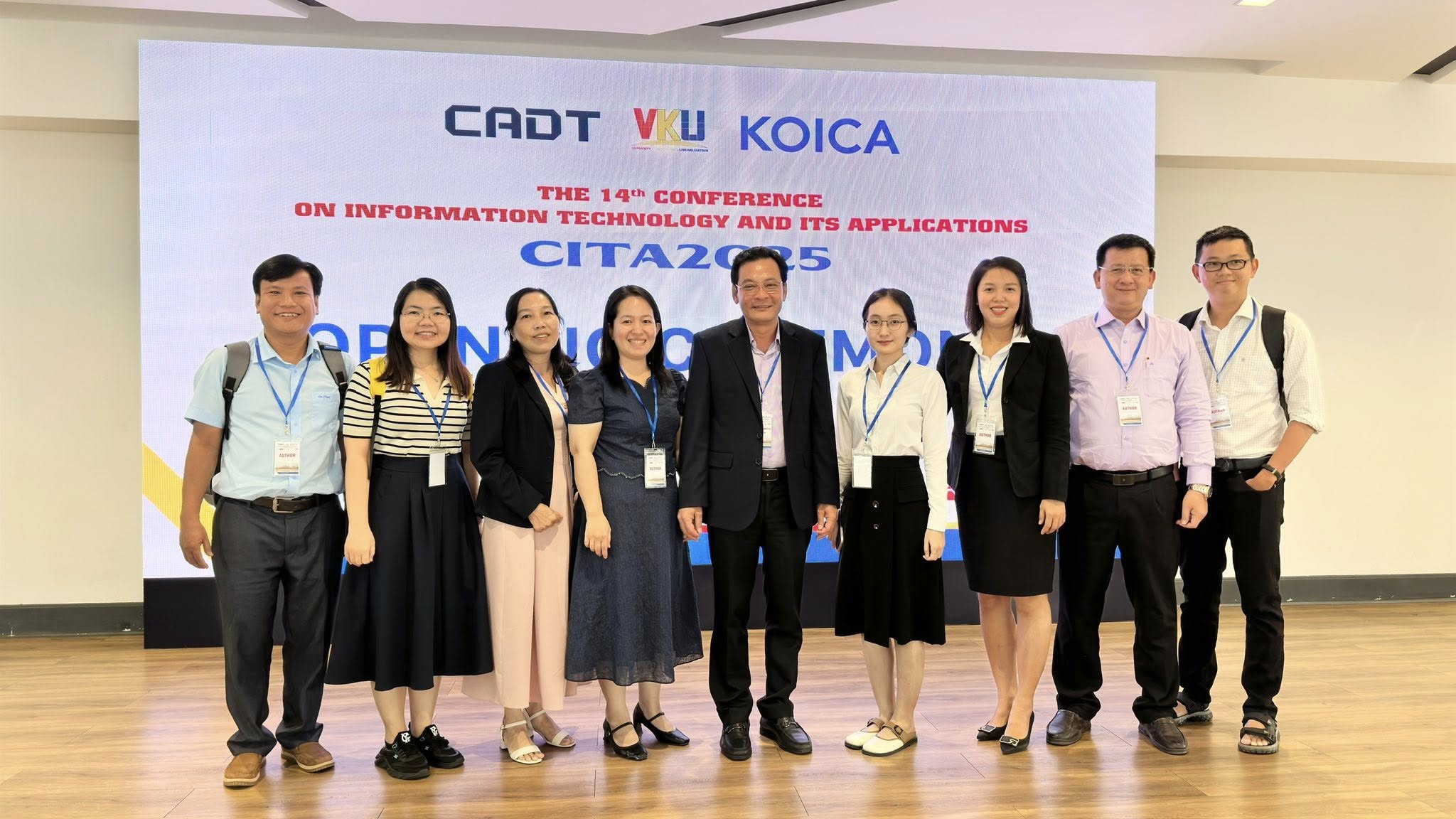
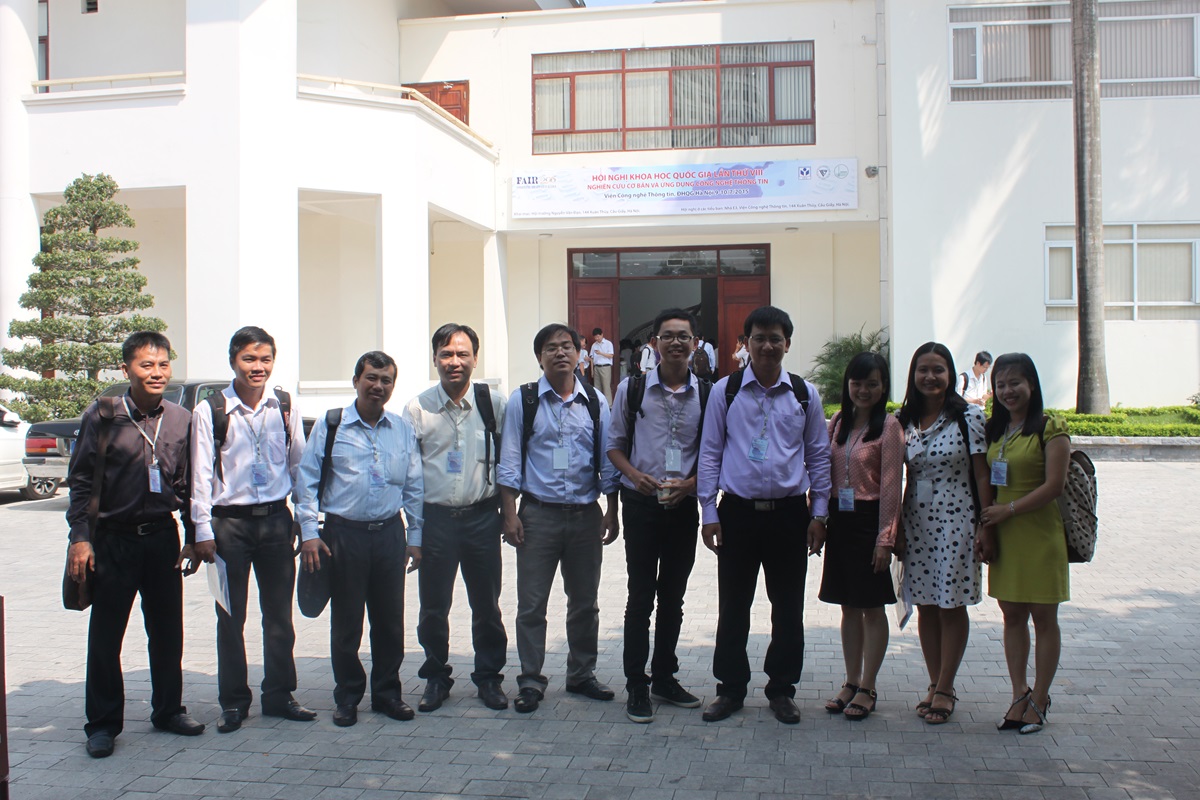
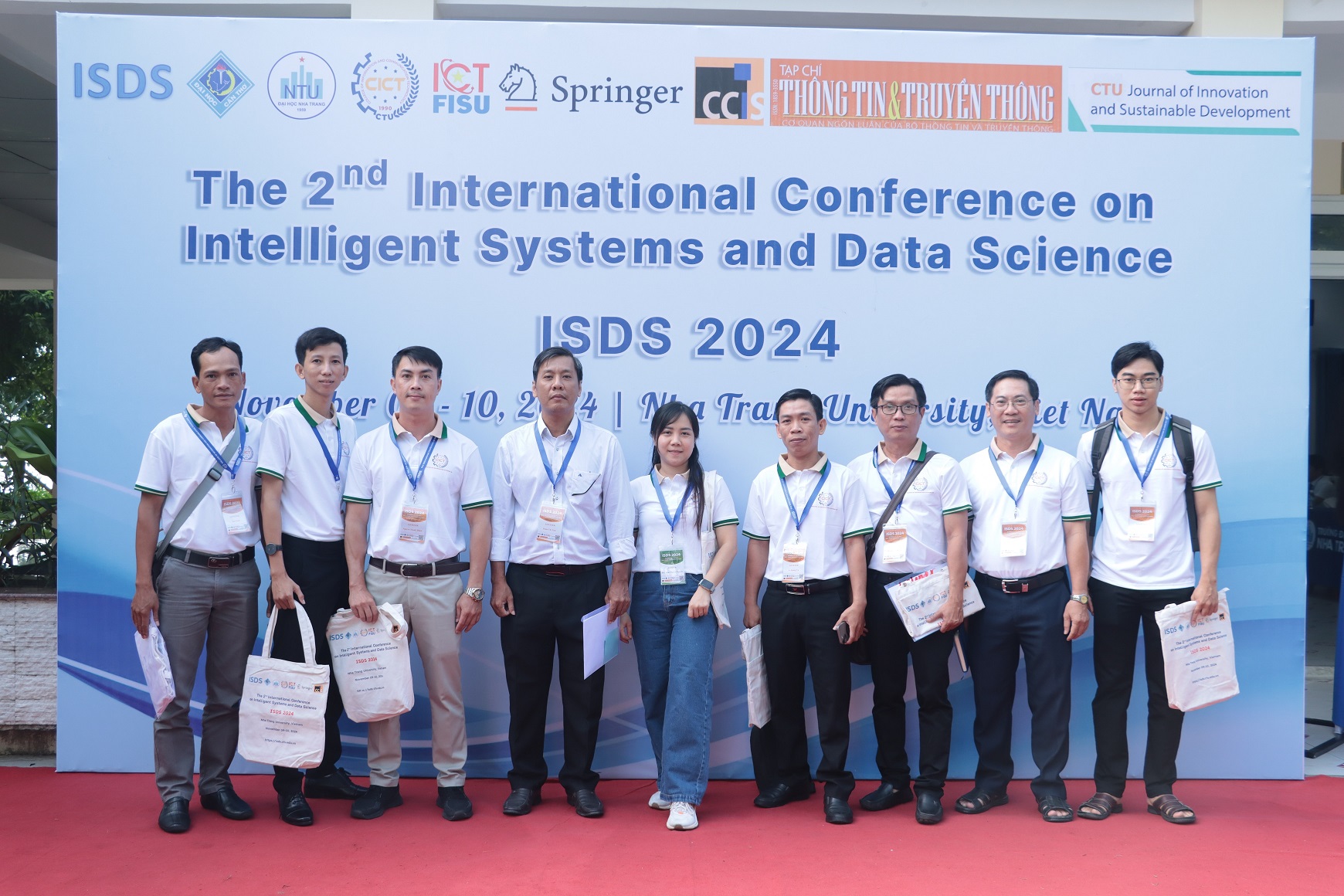

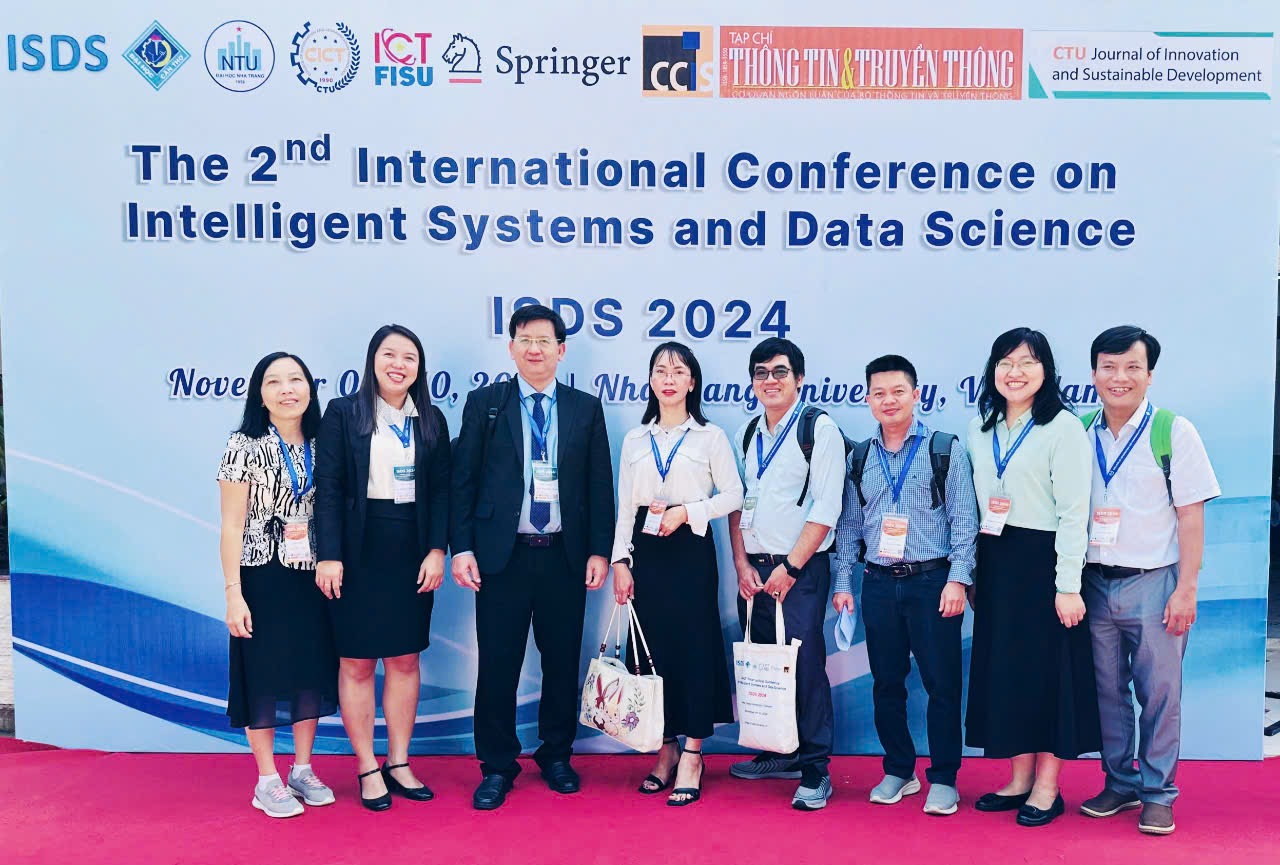
Posters
